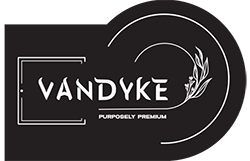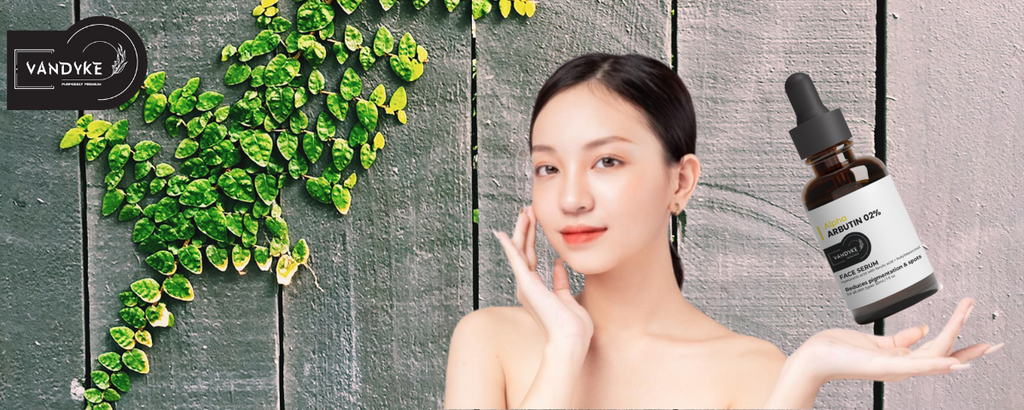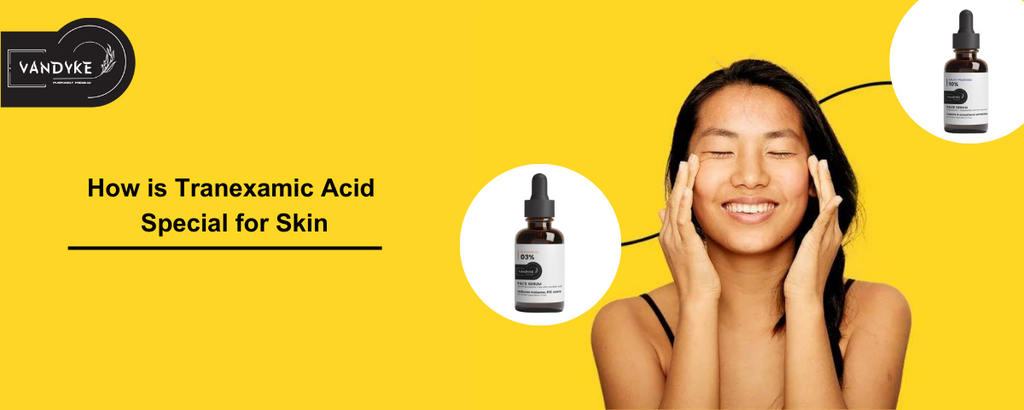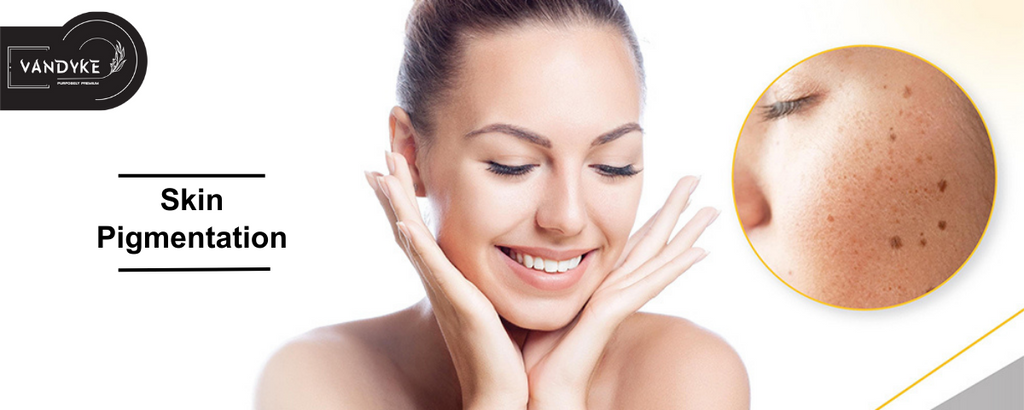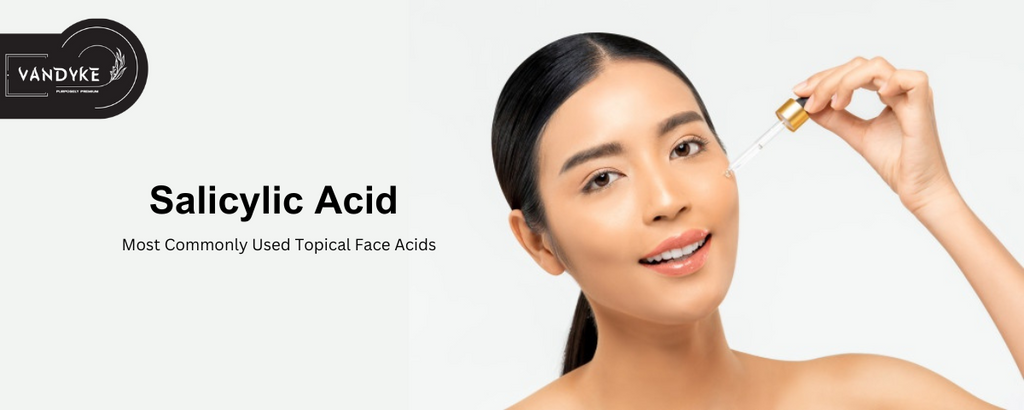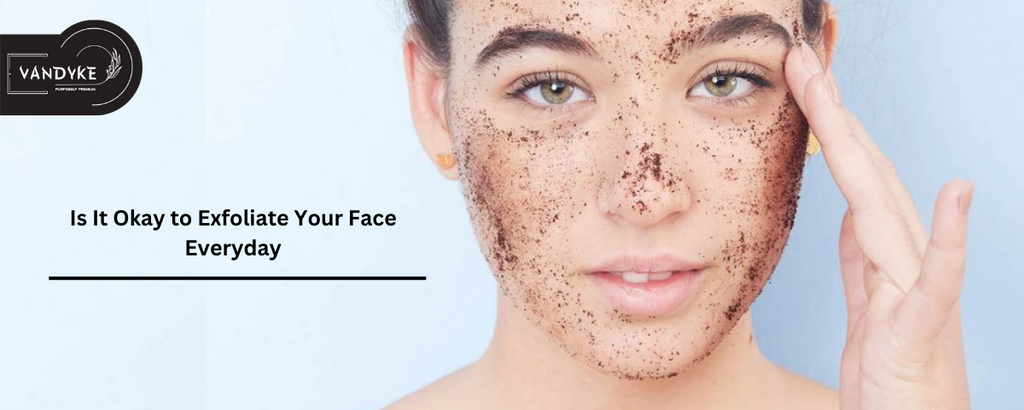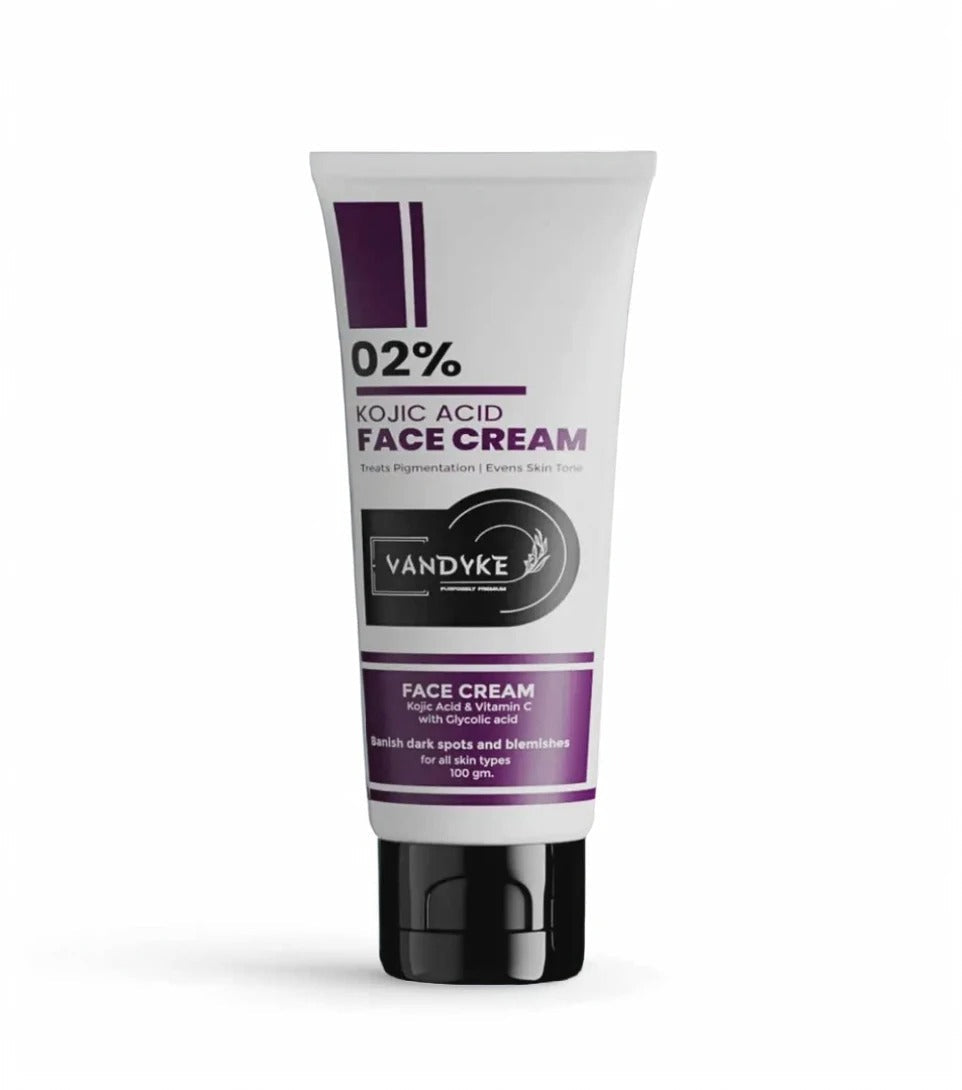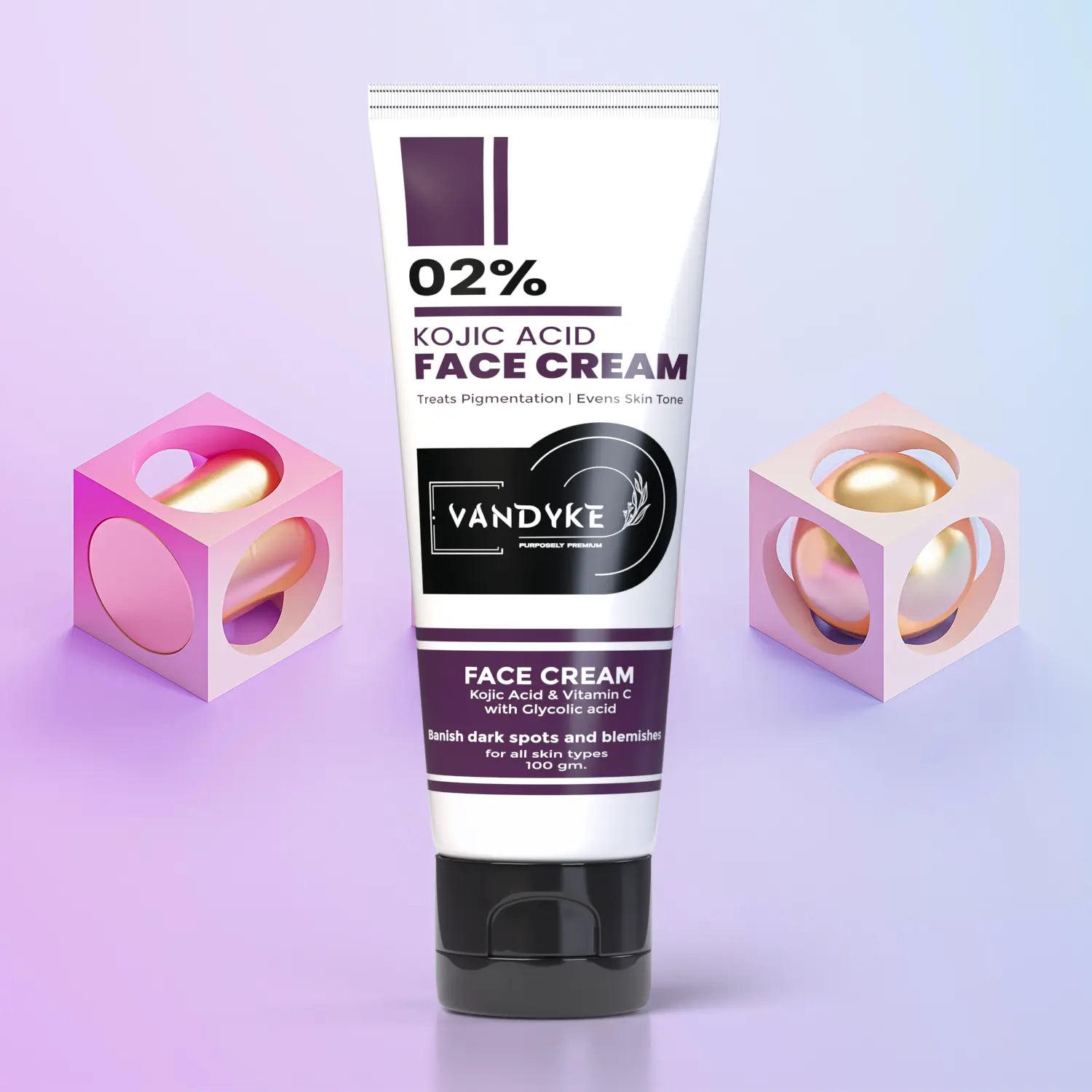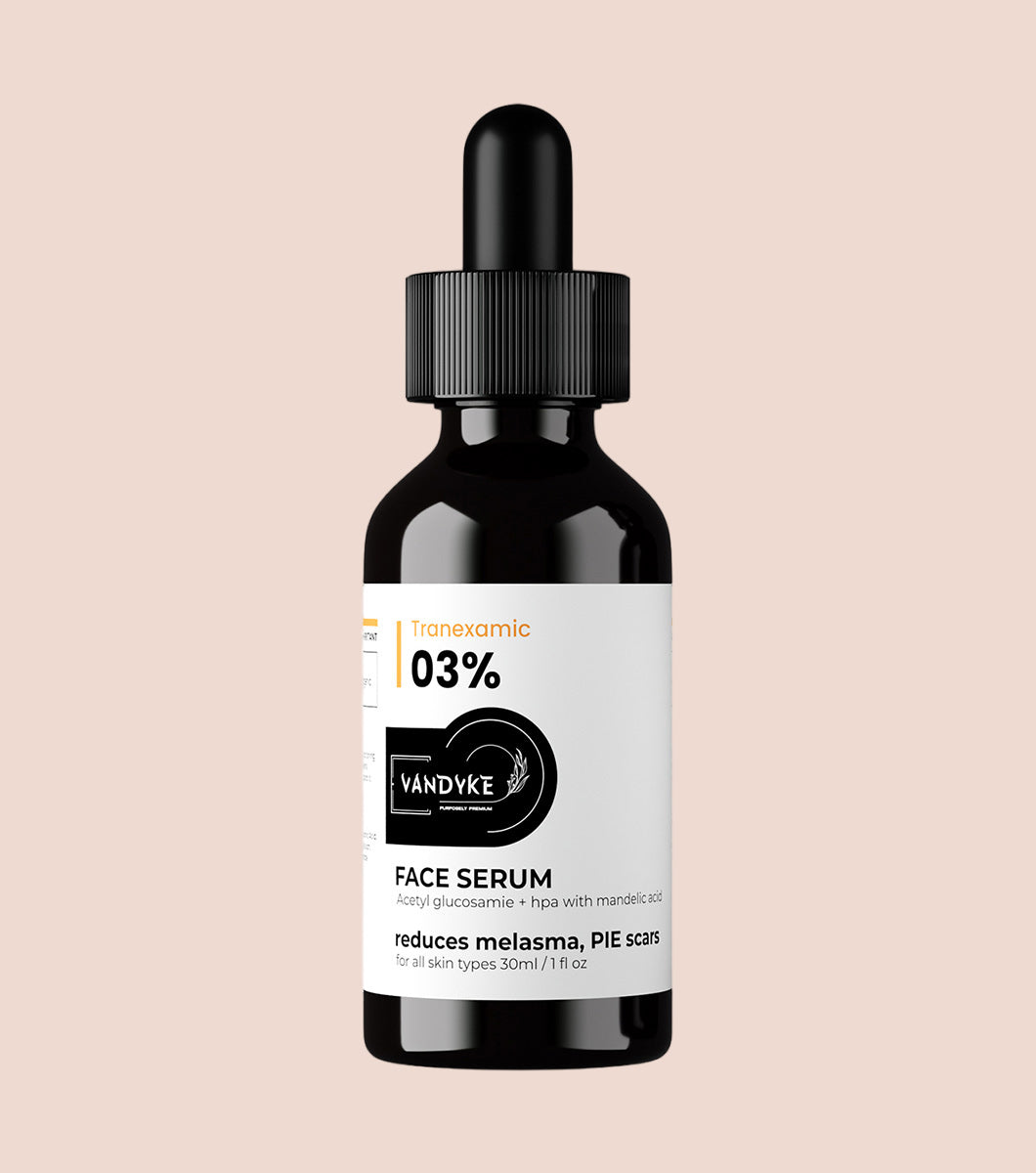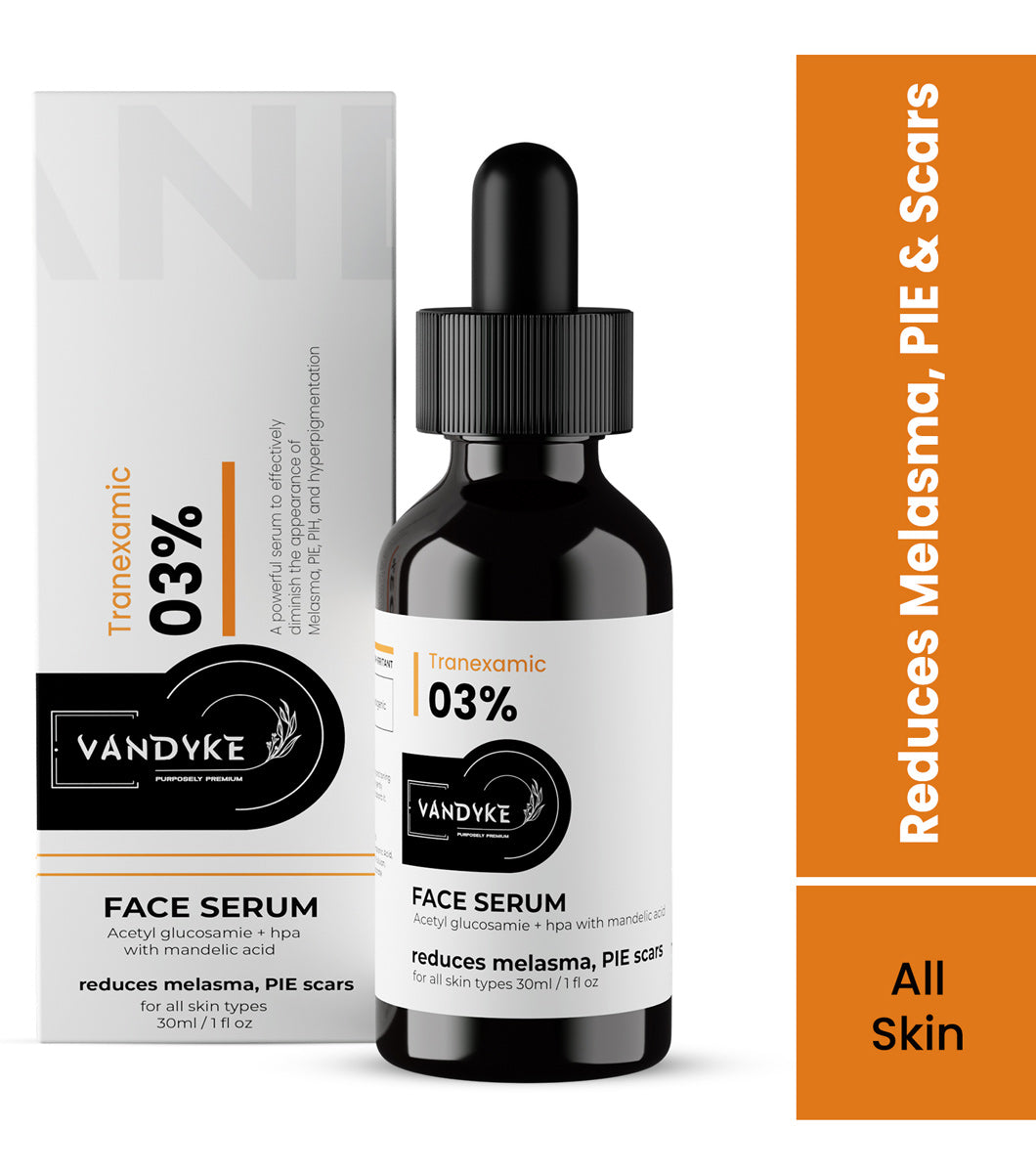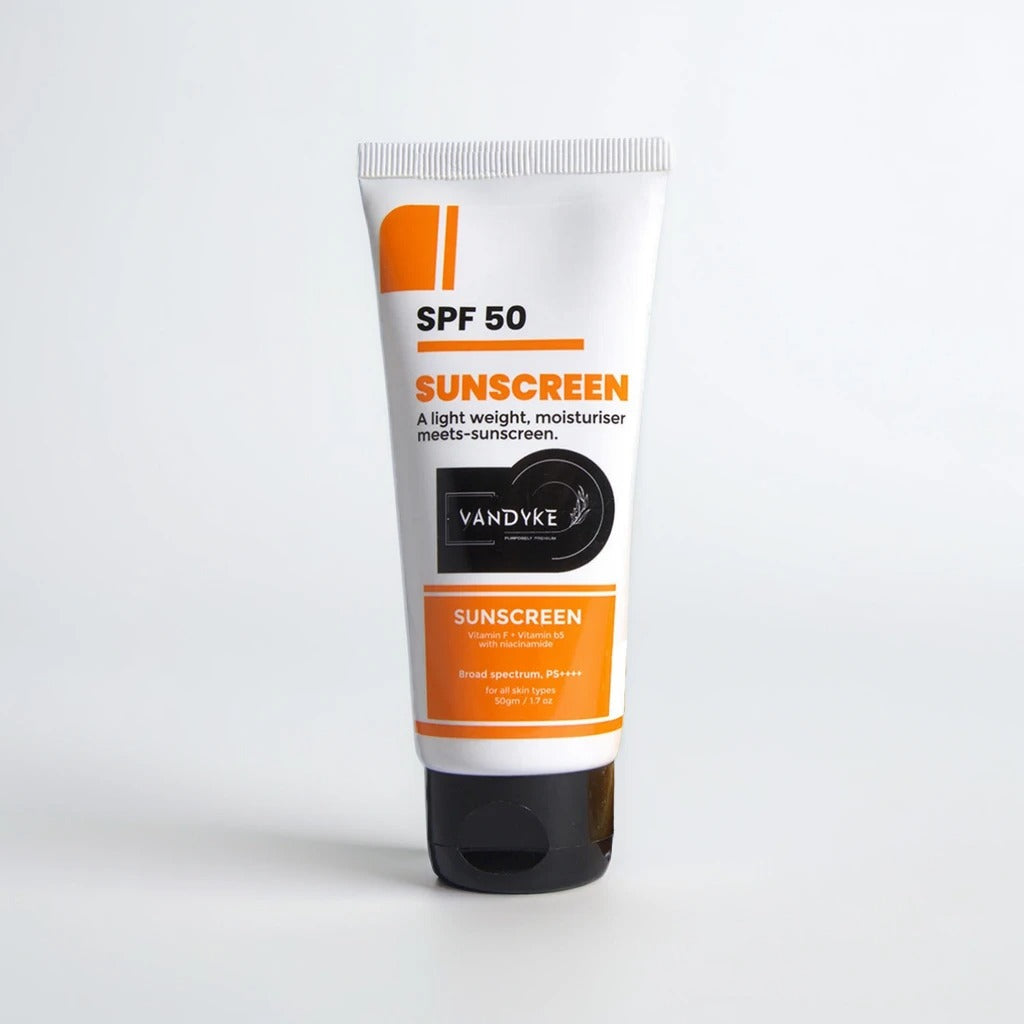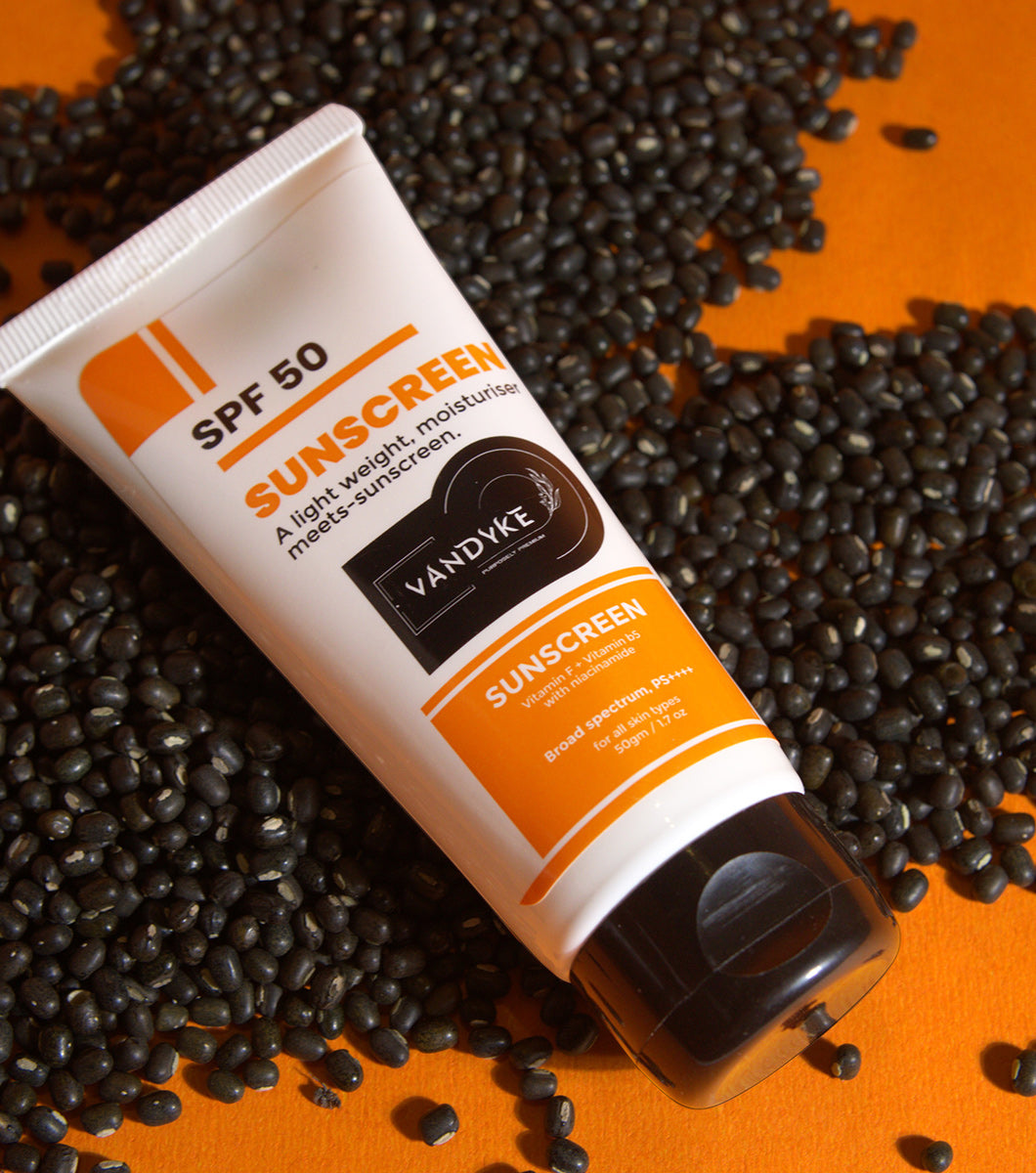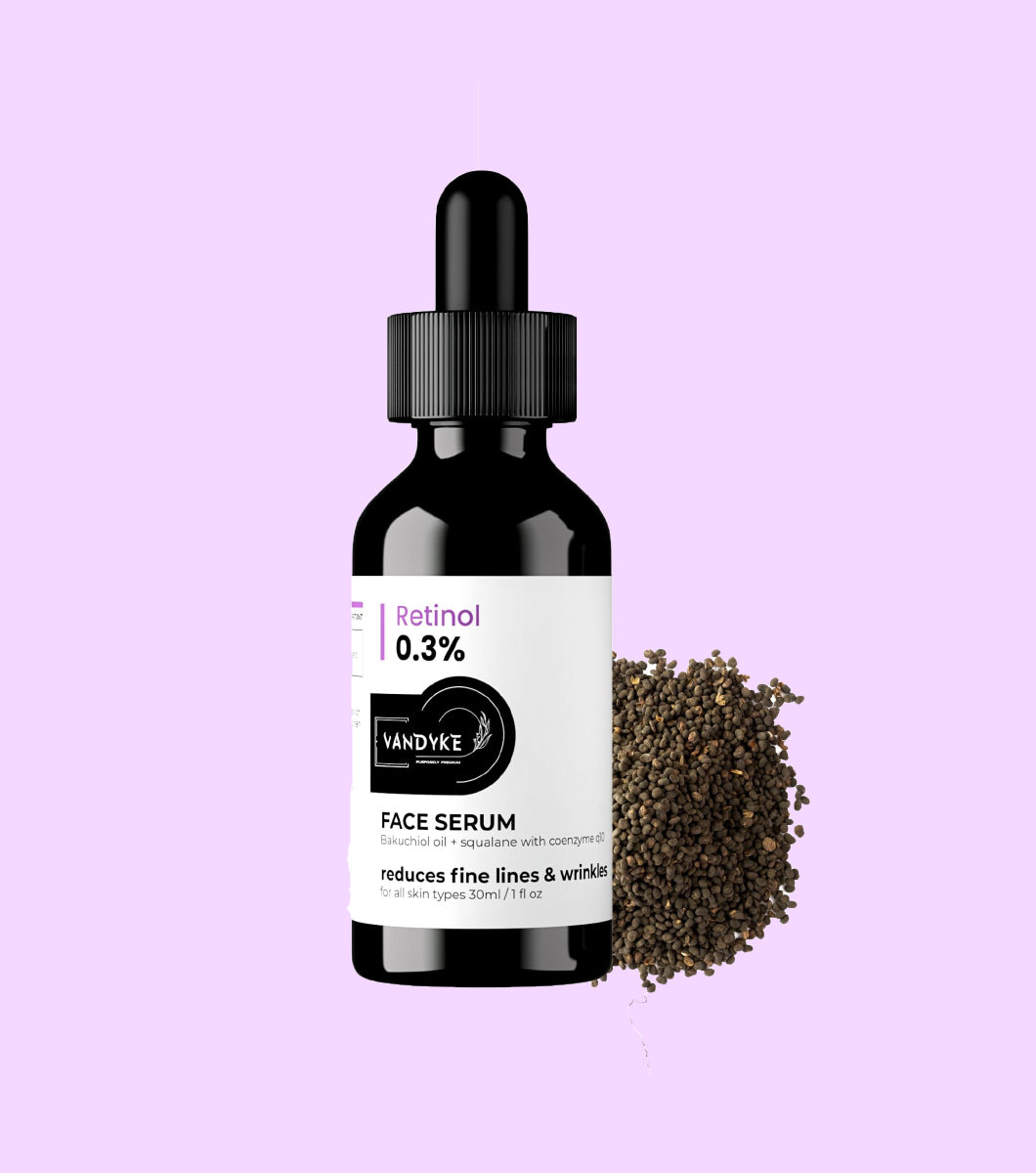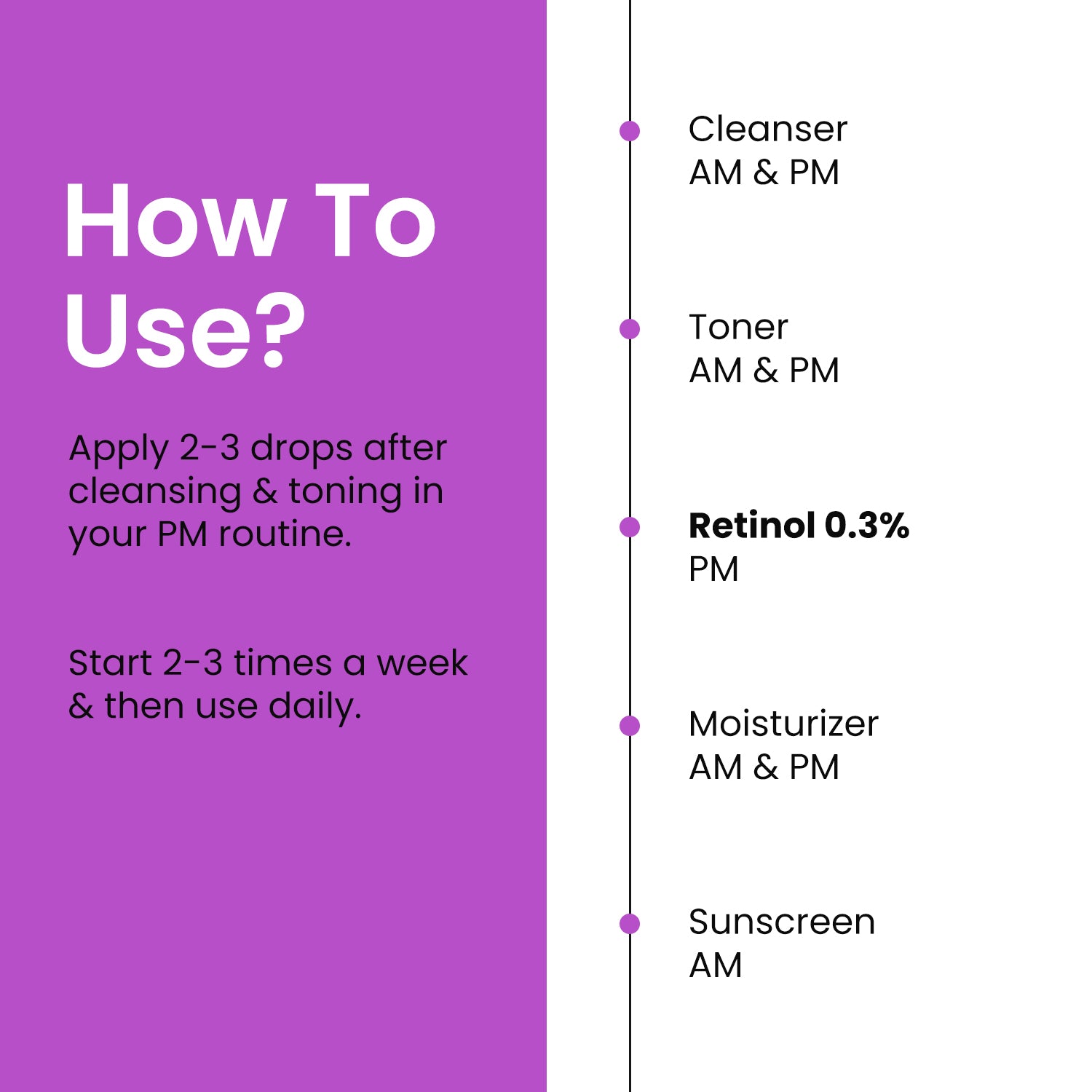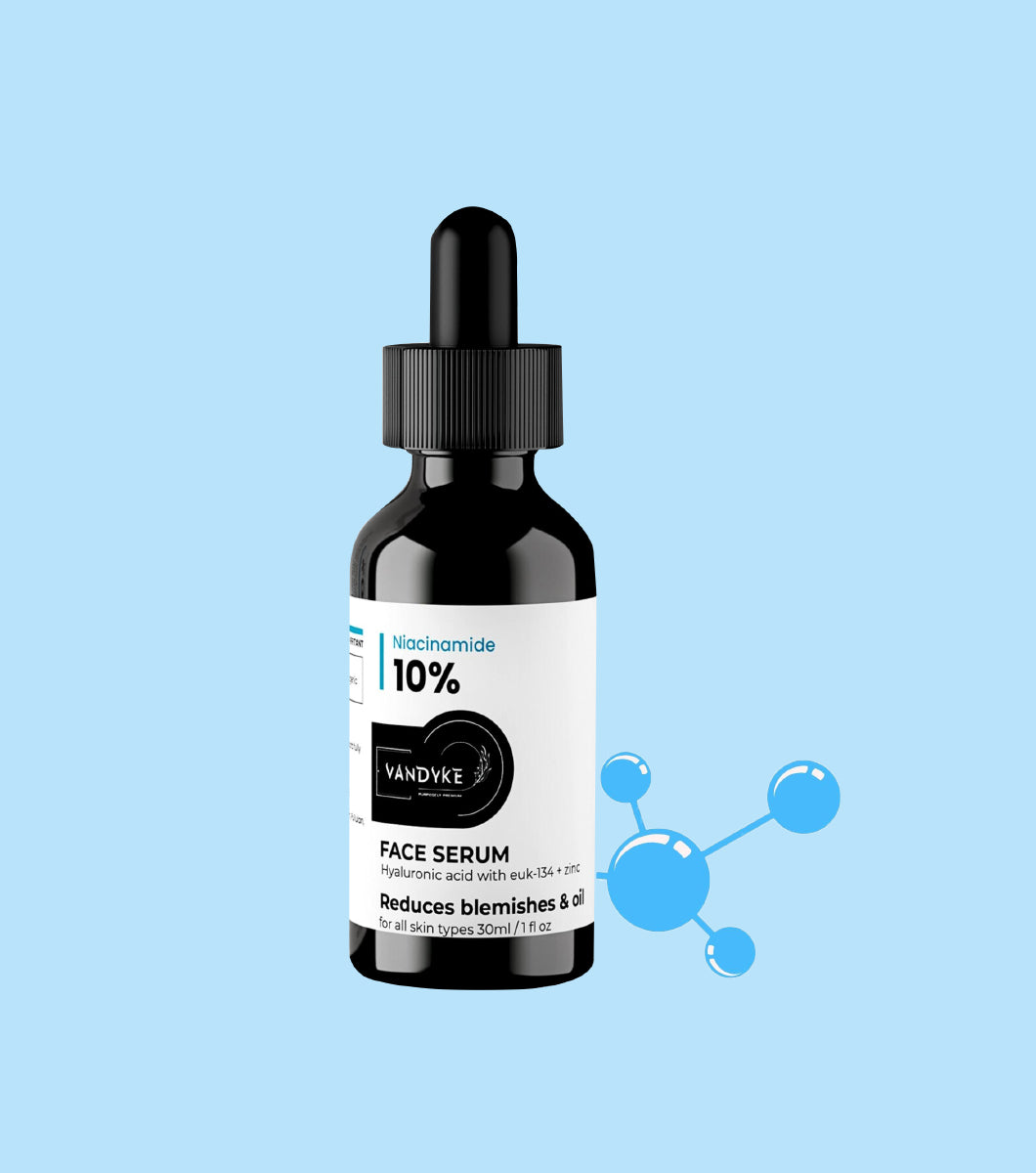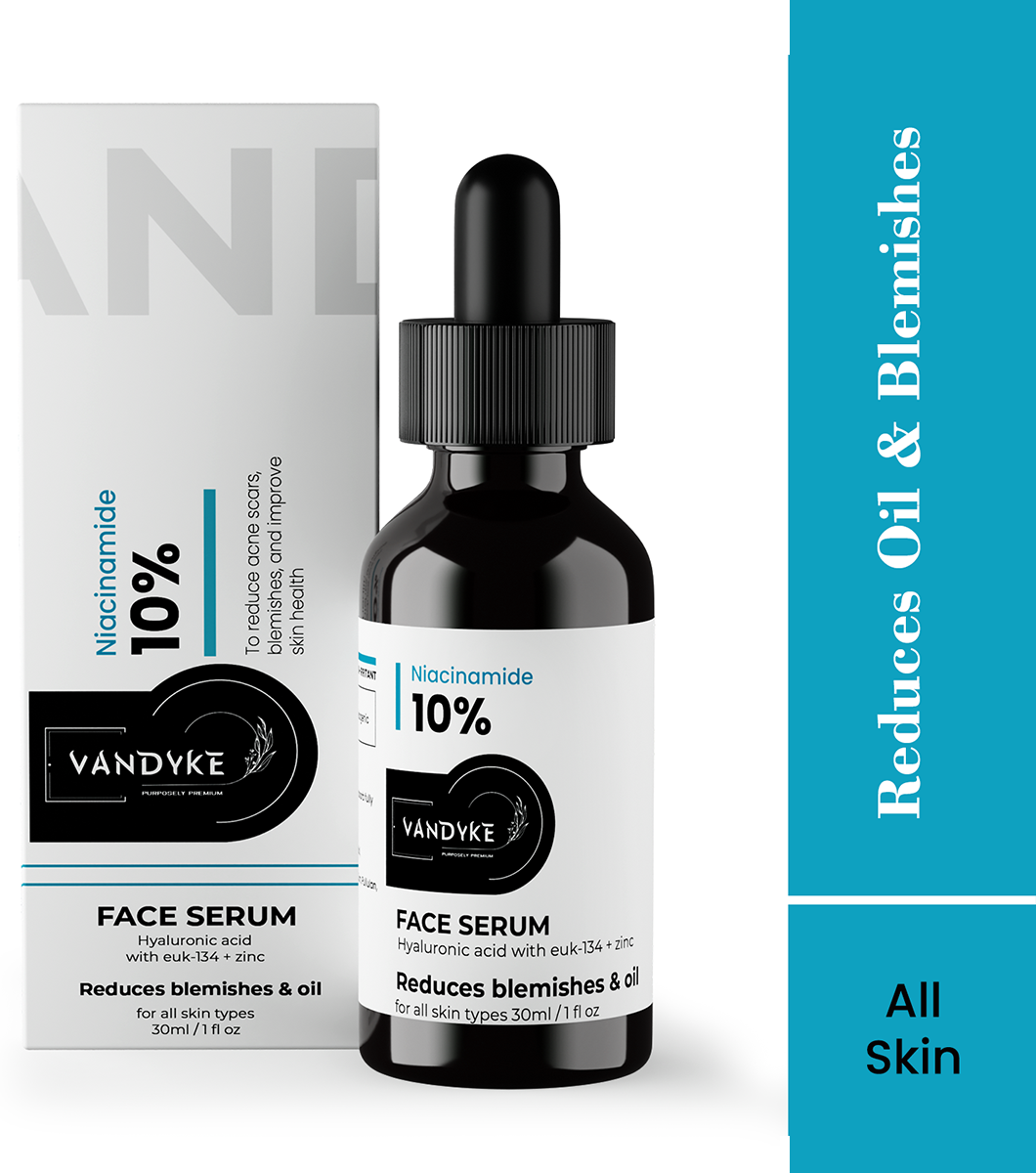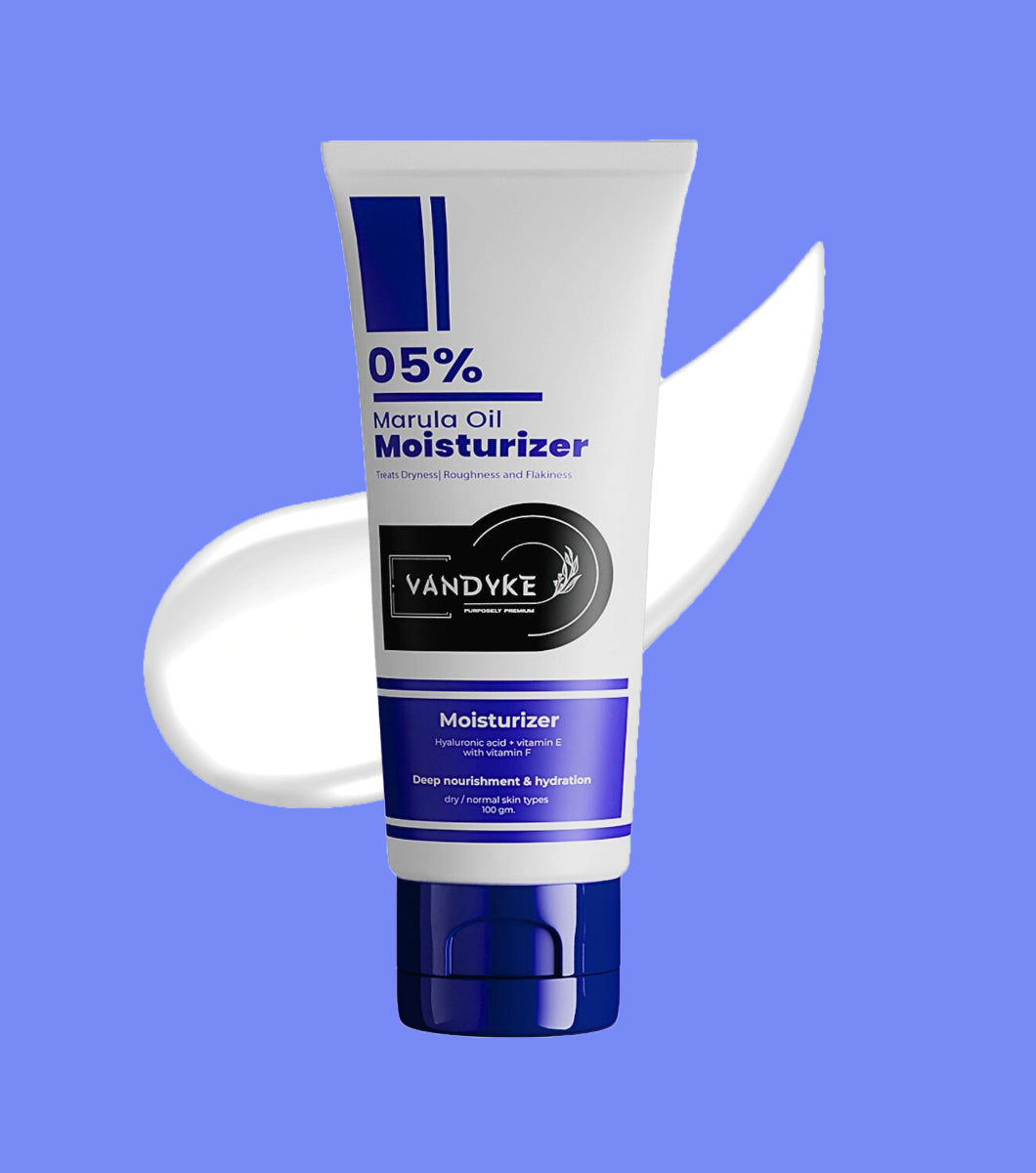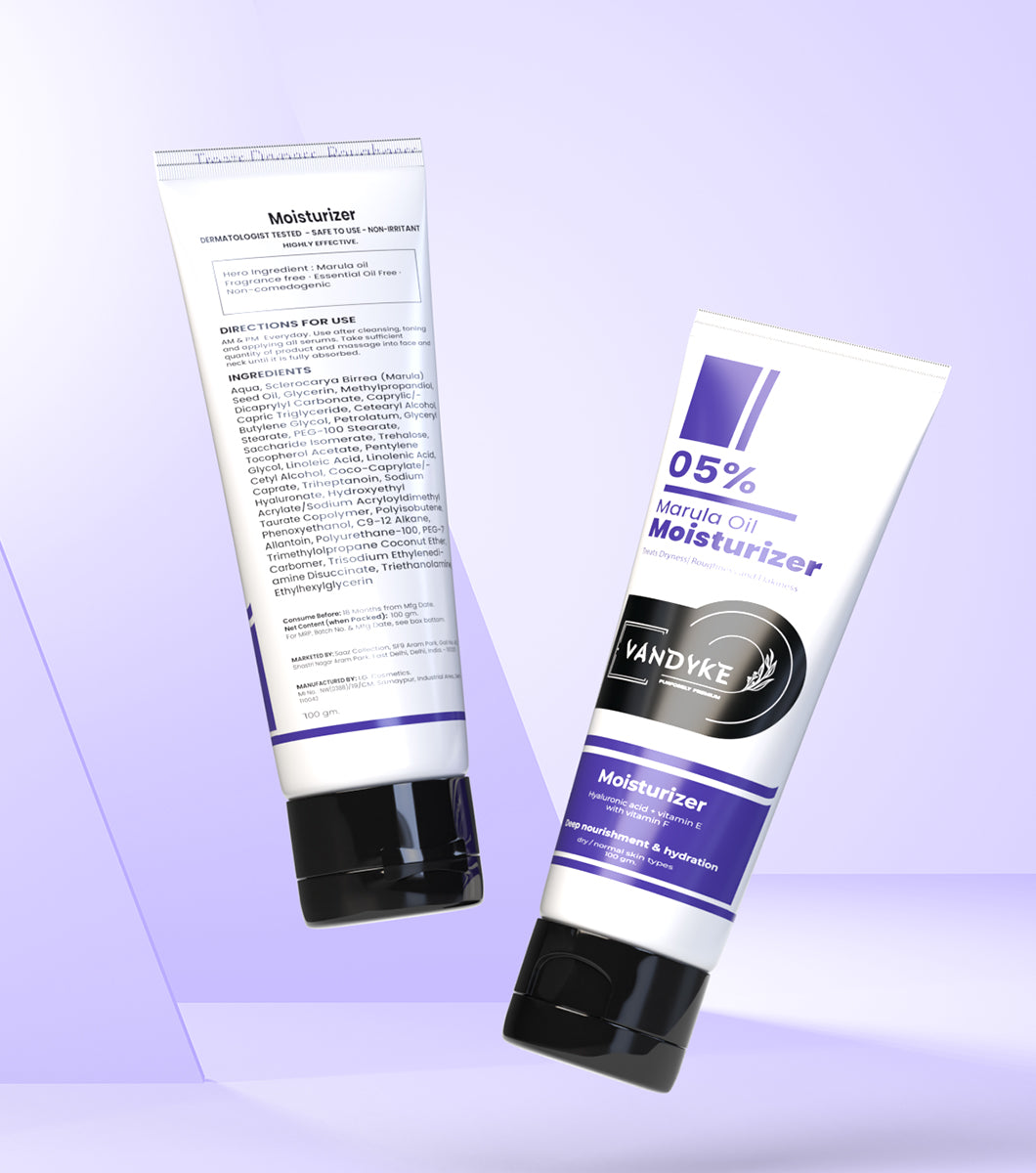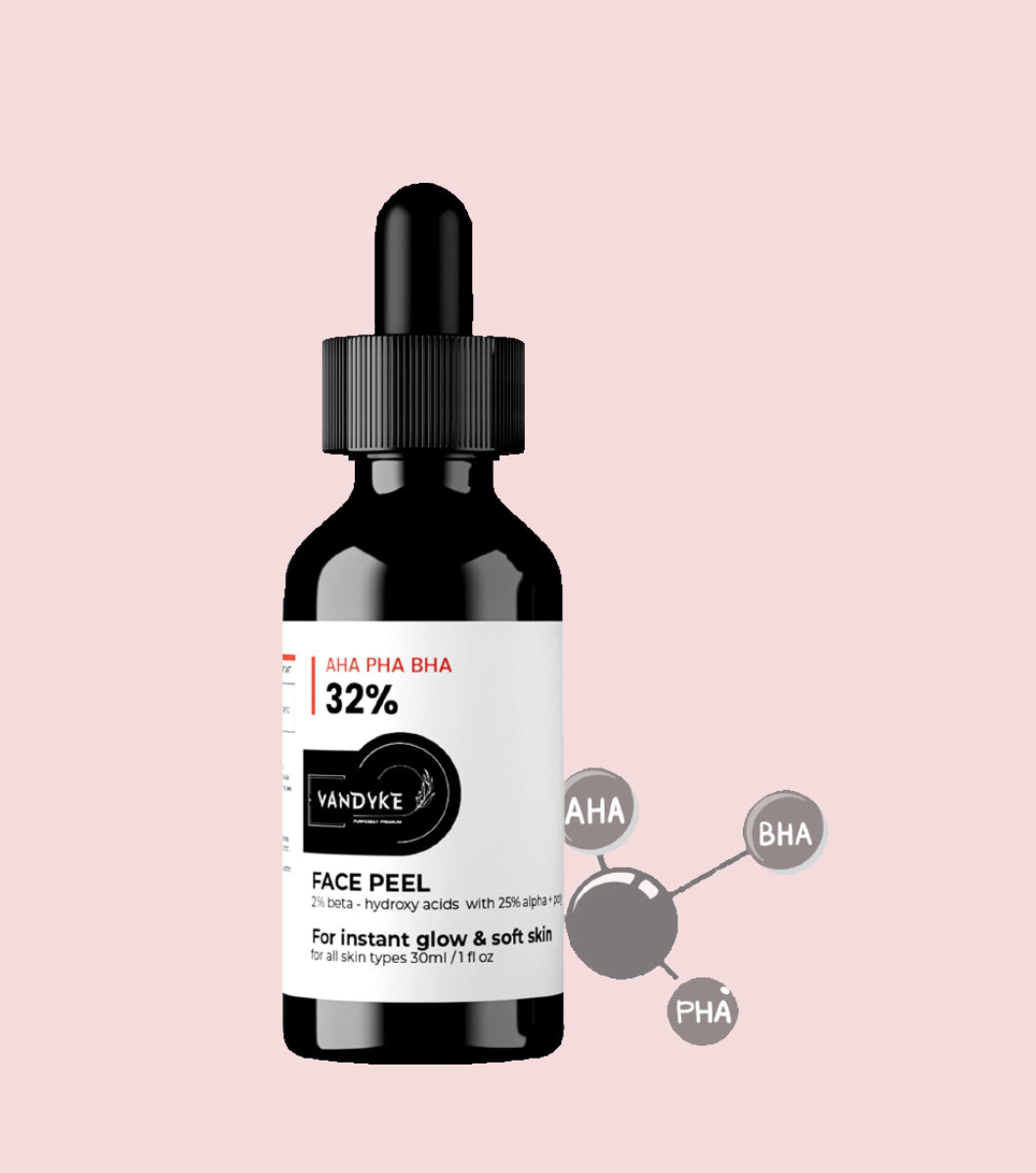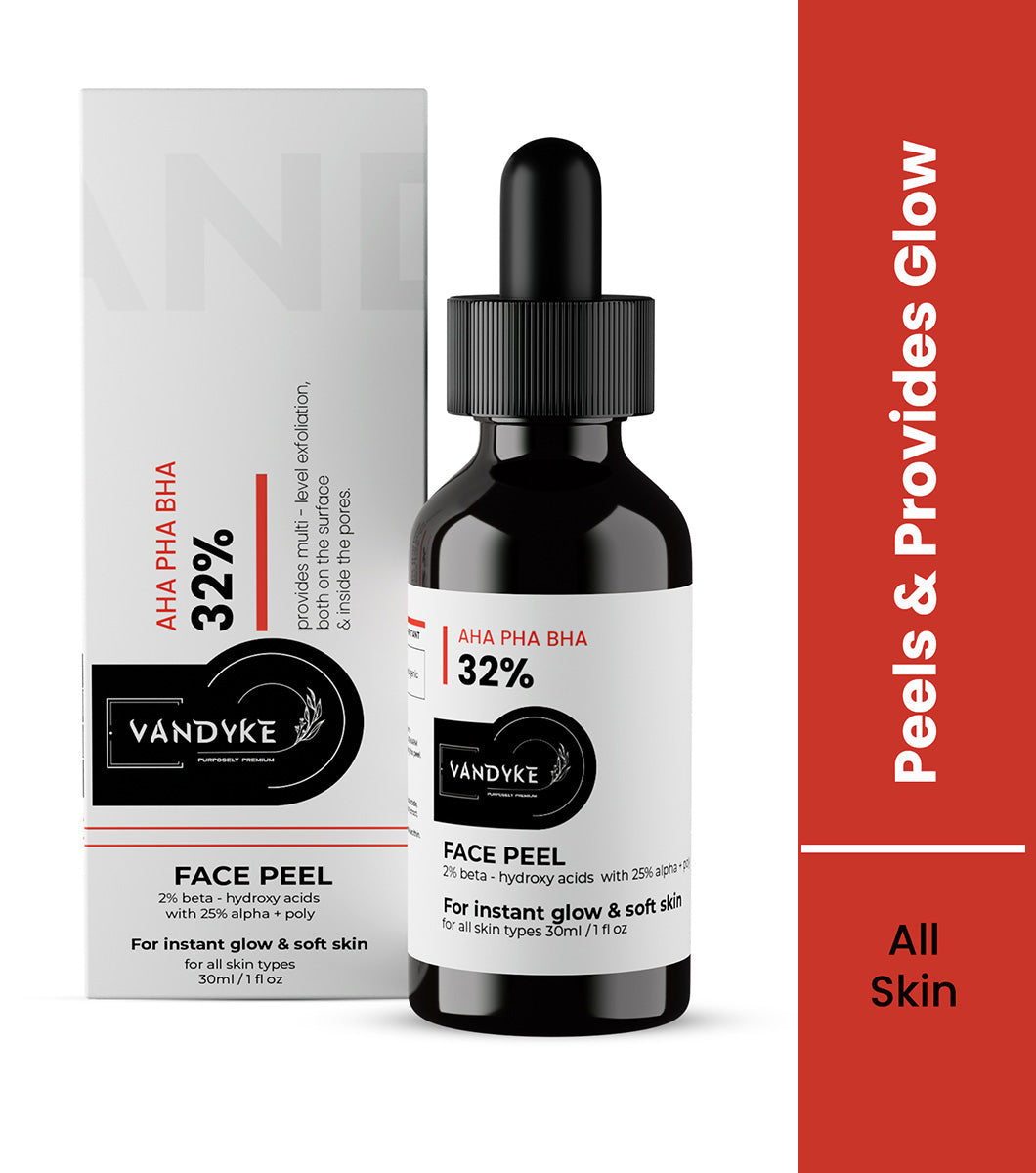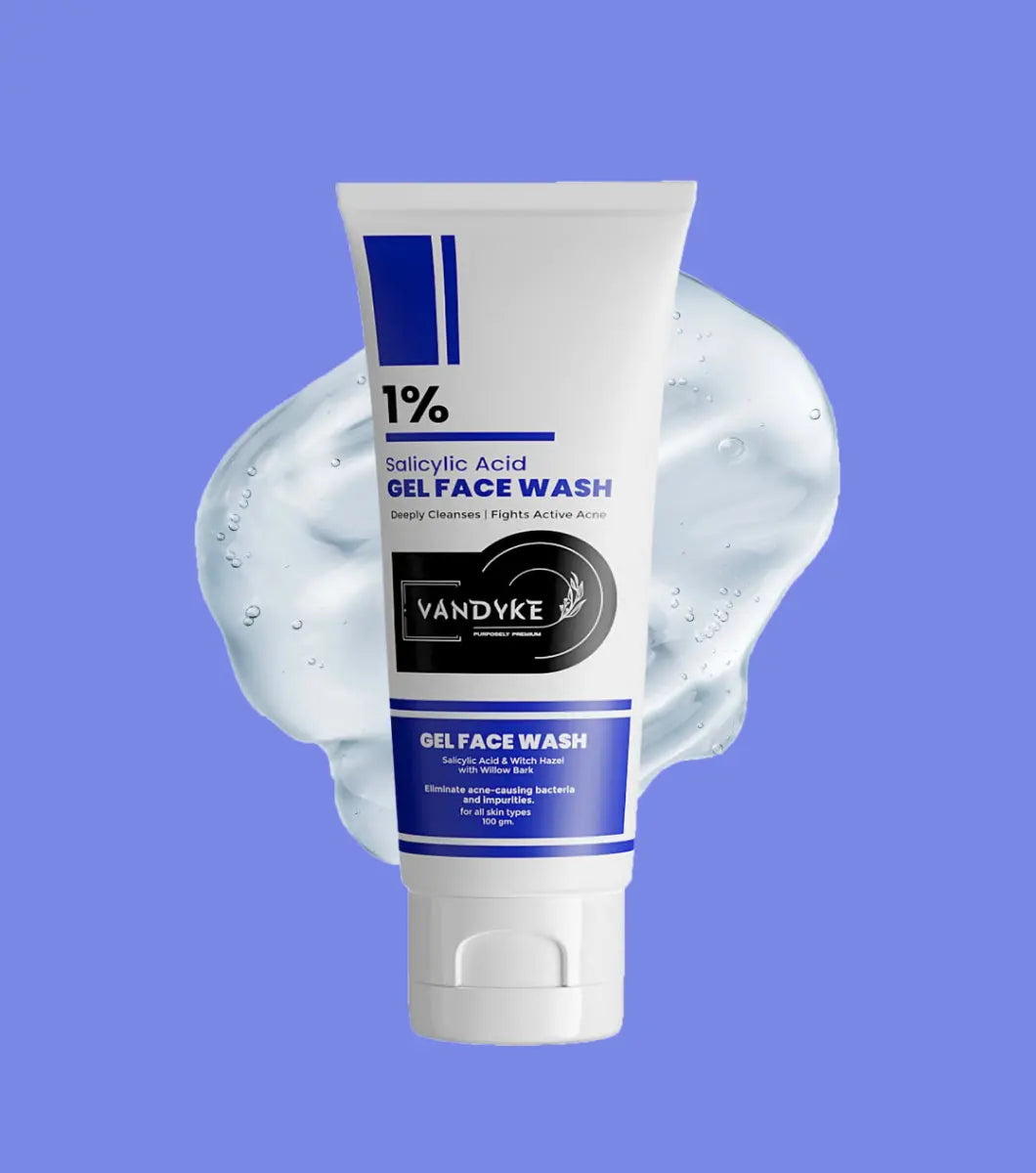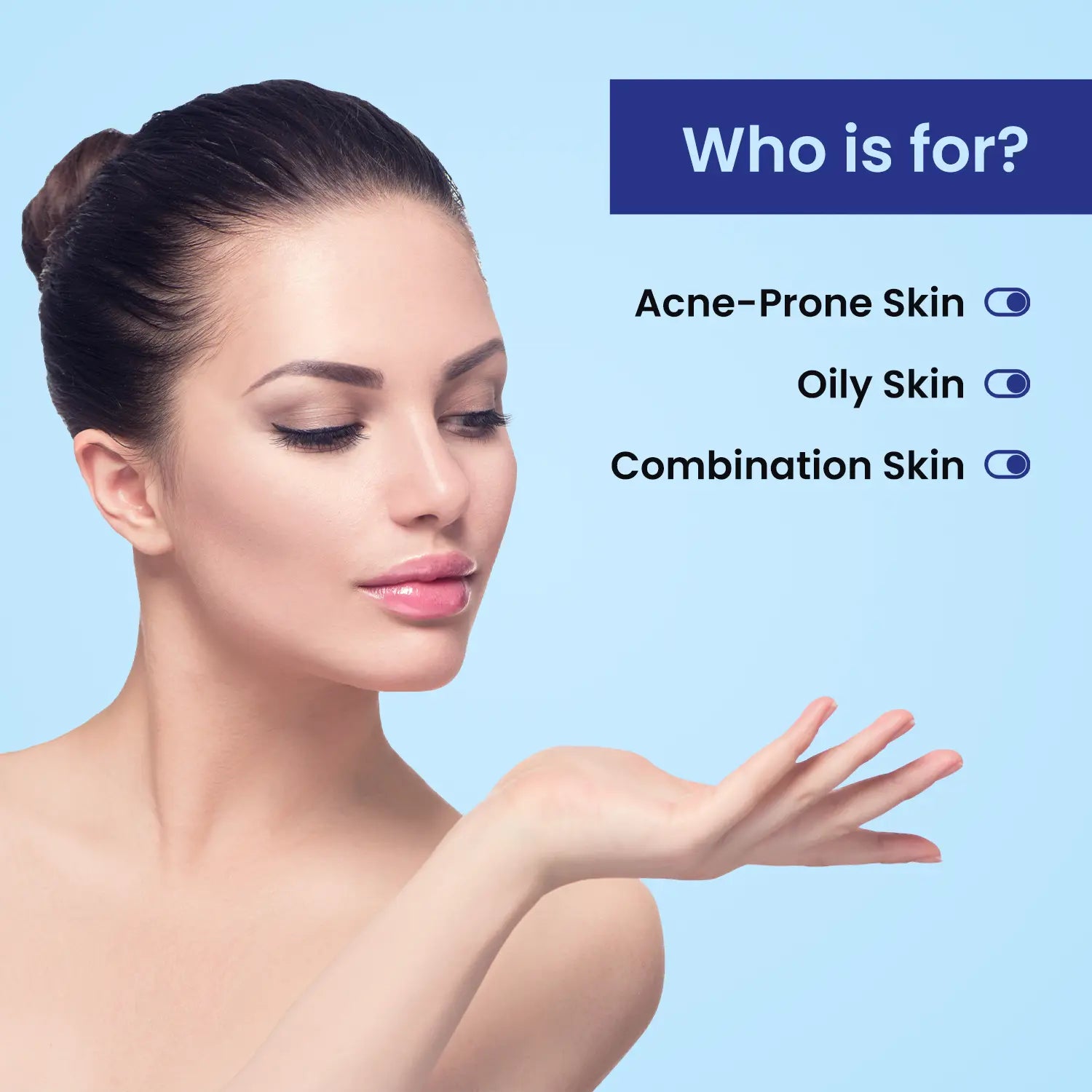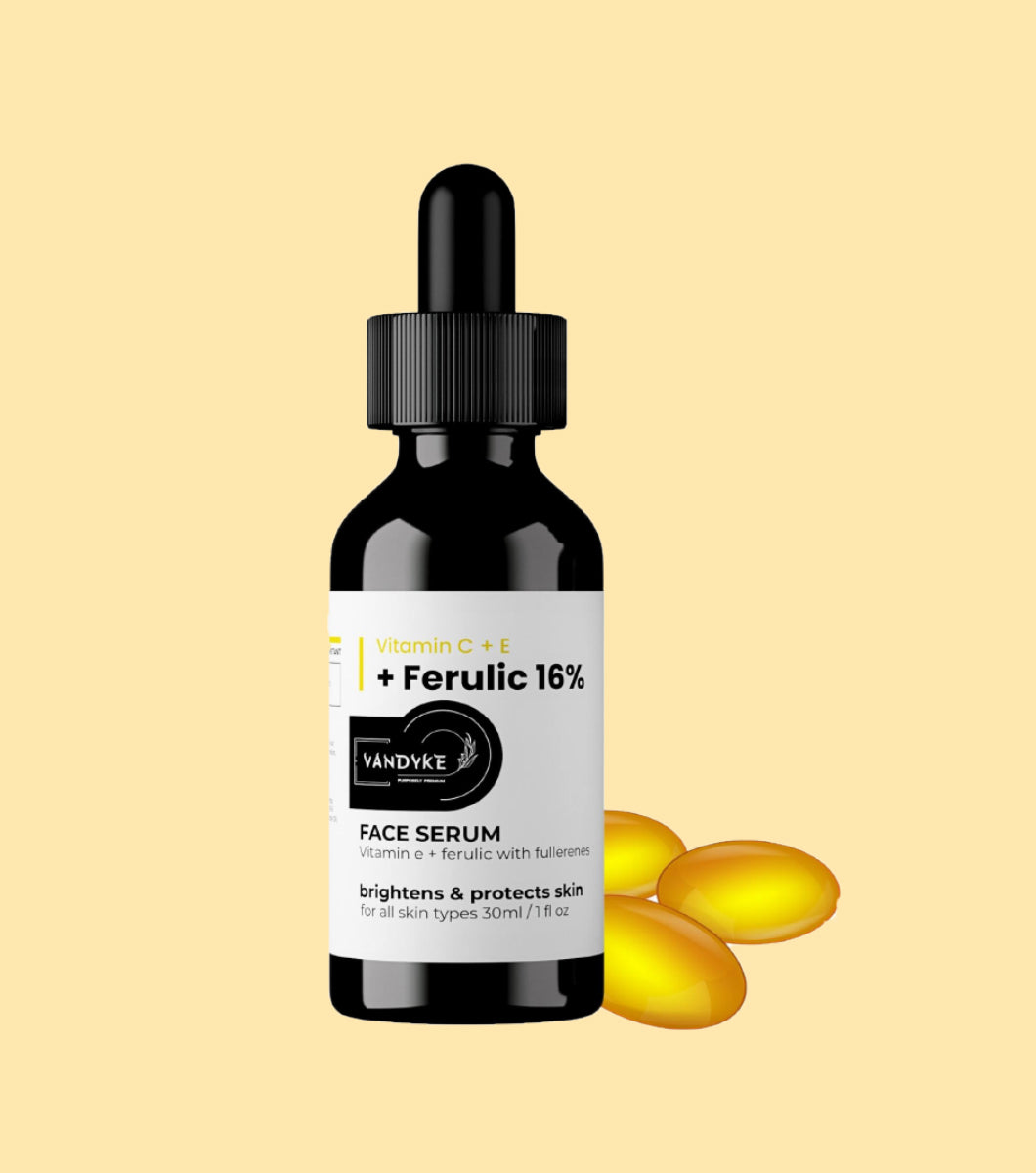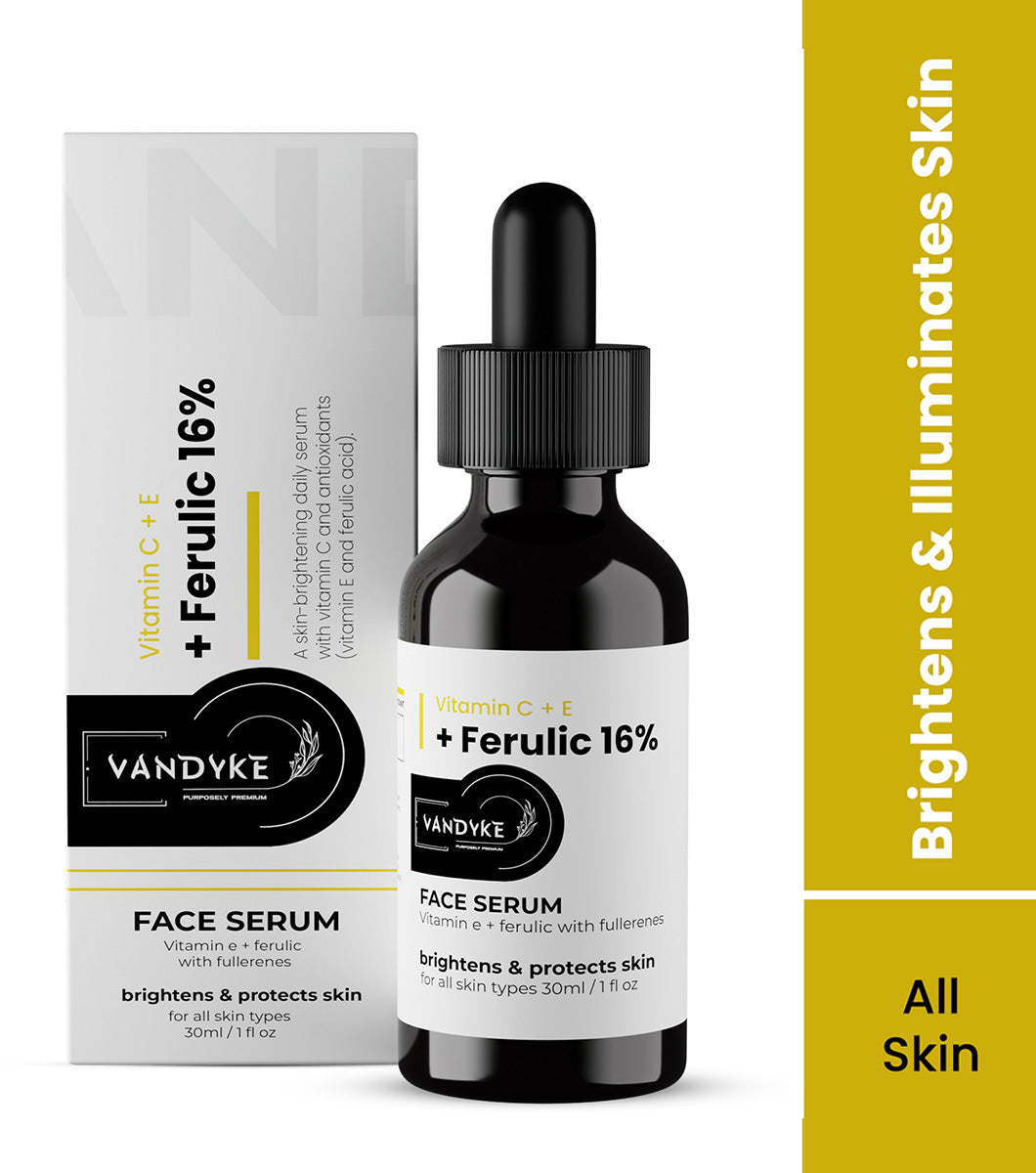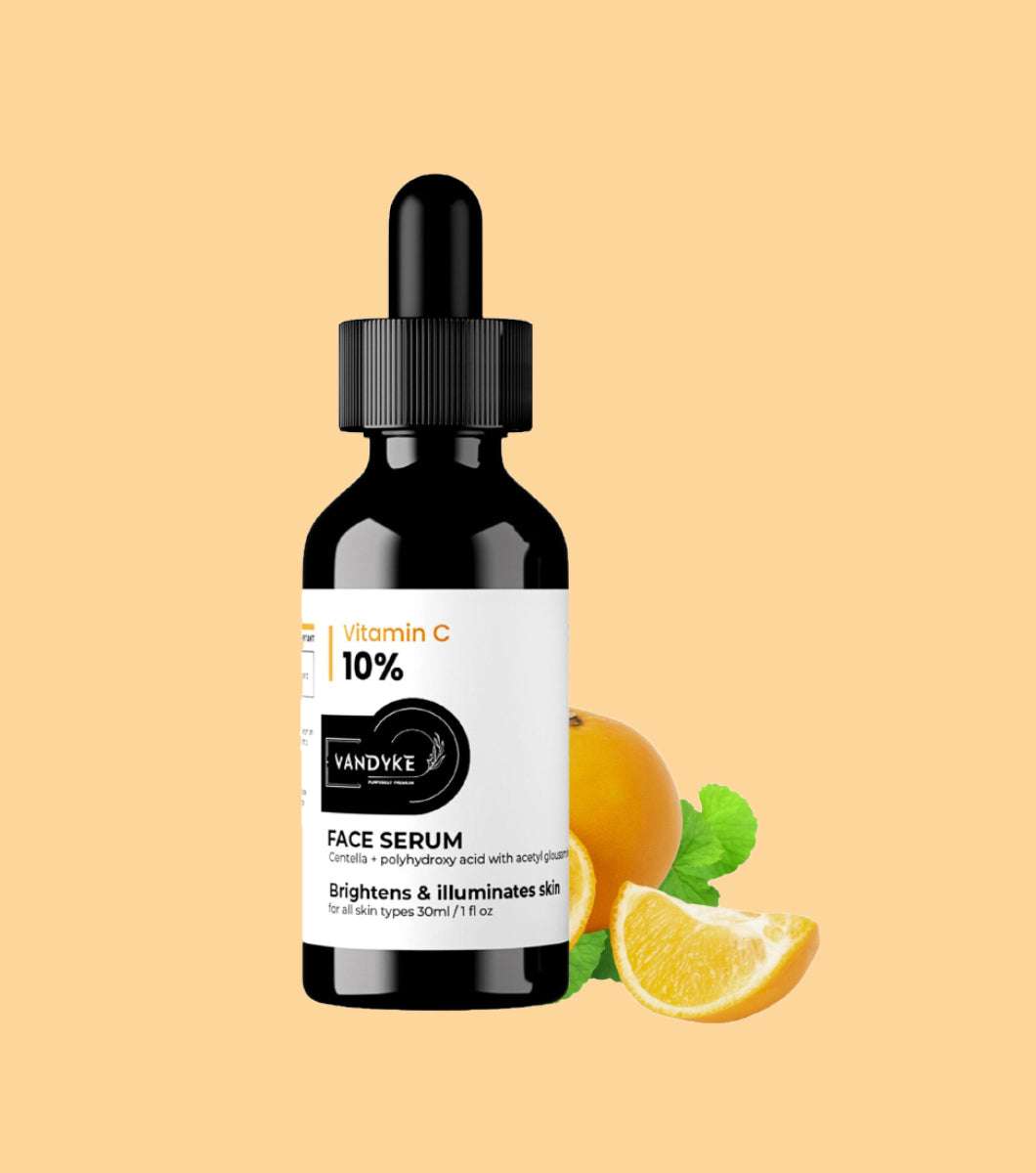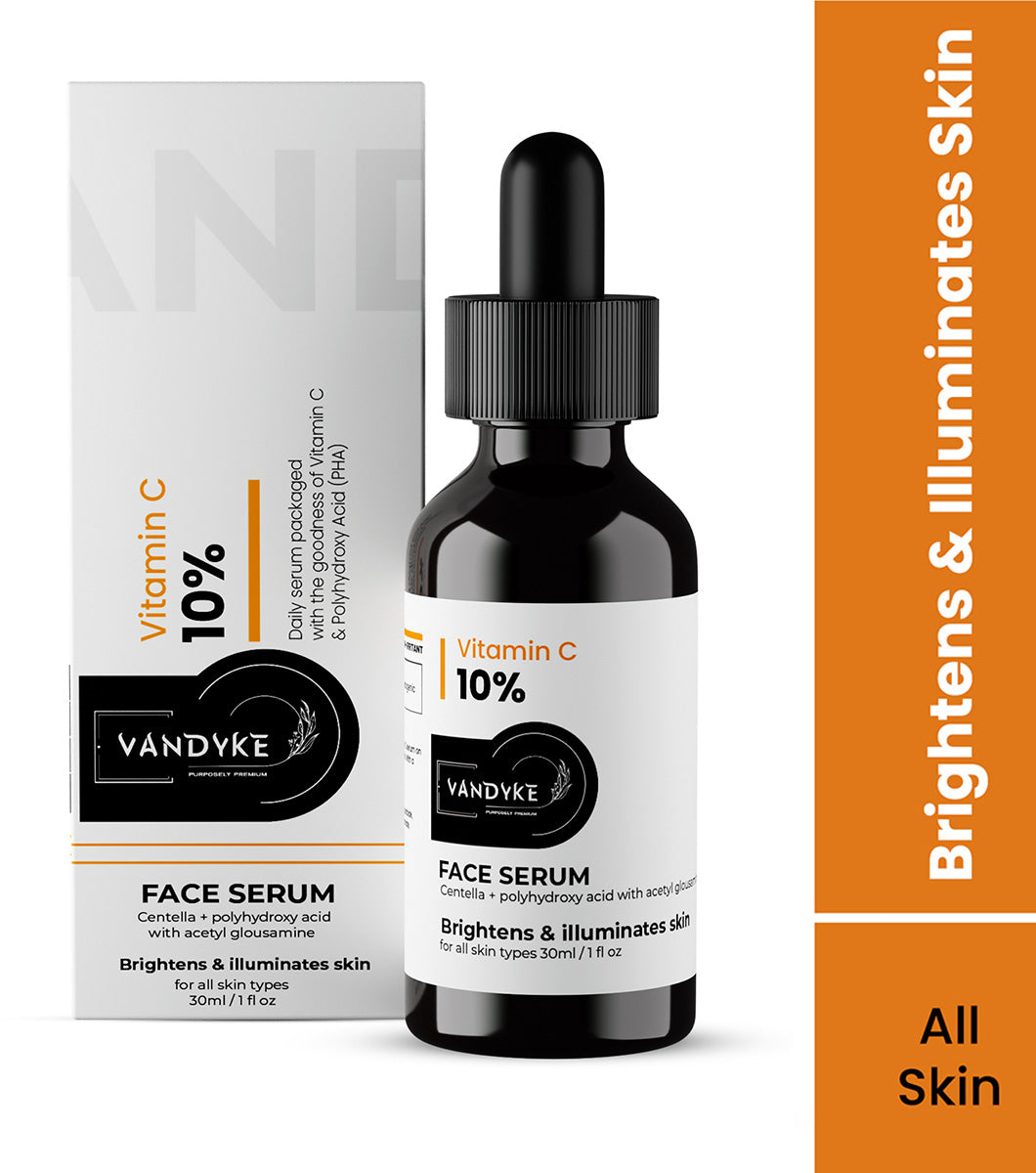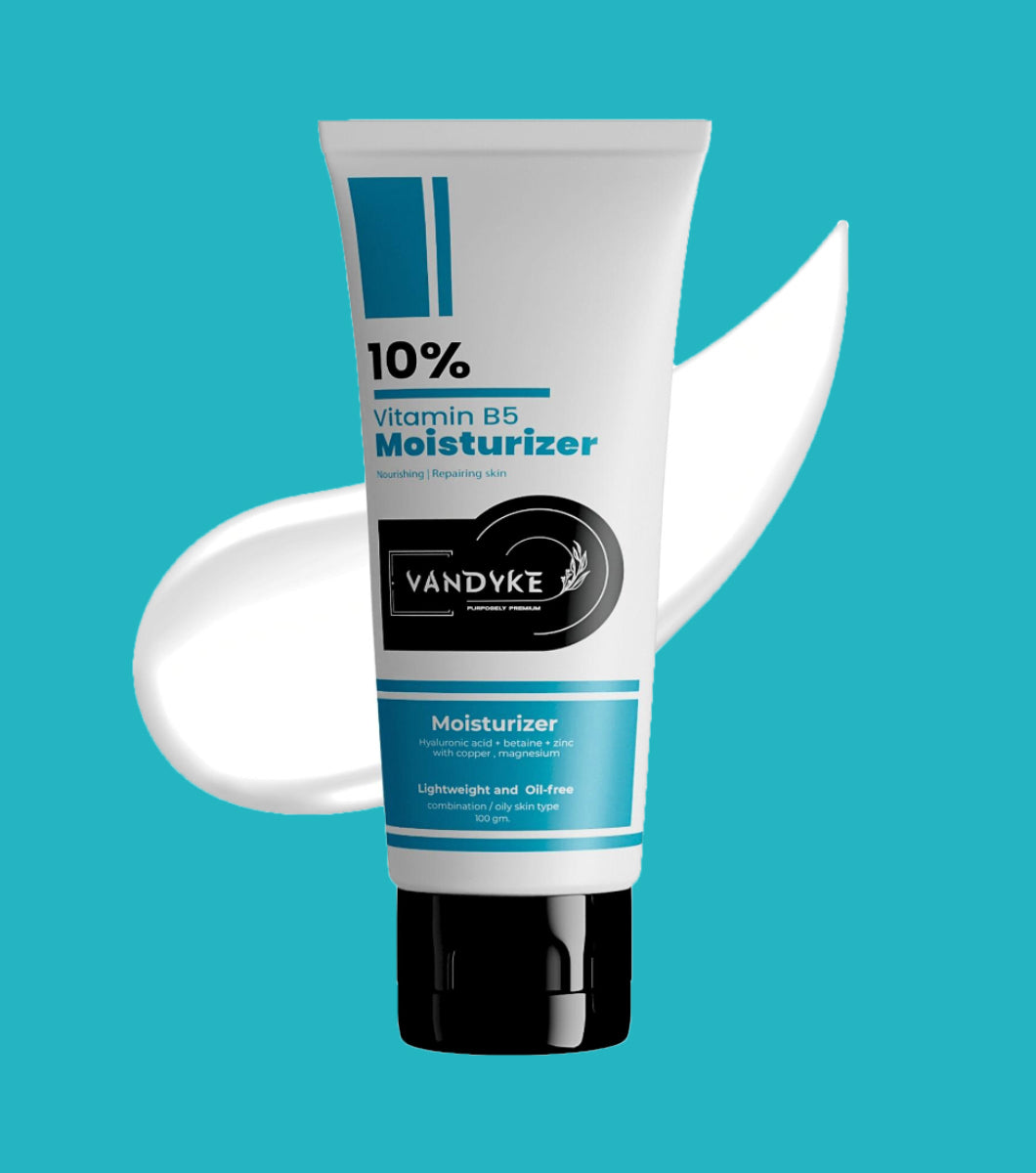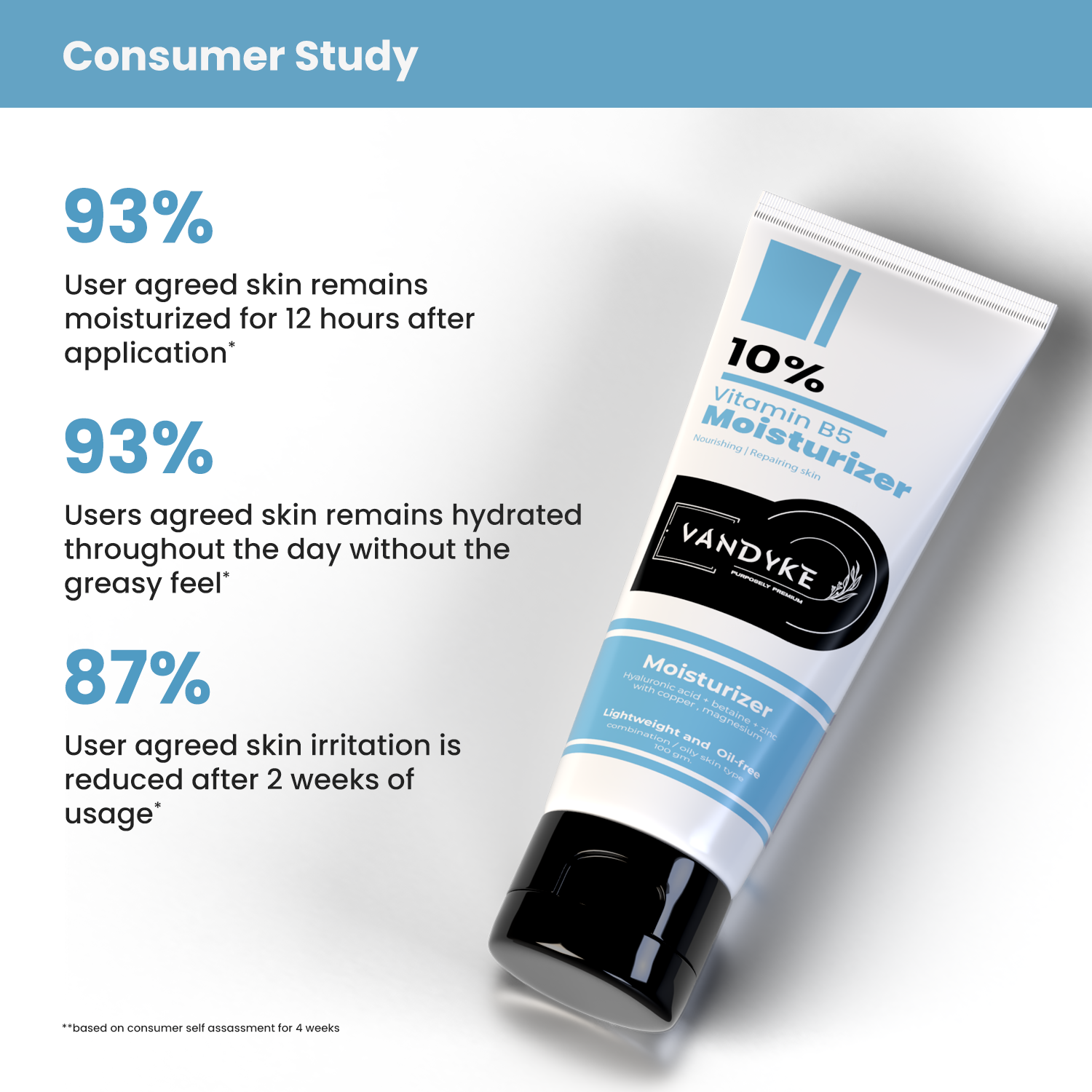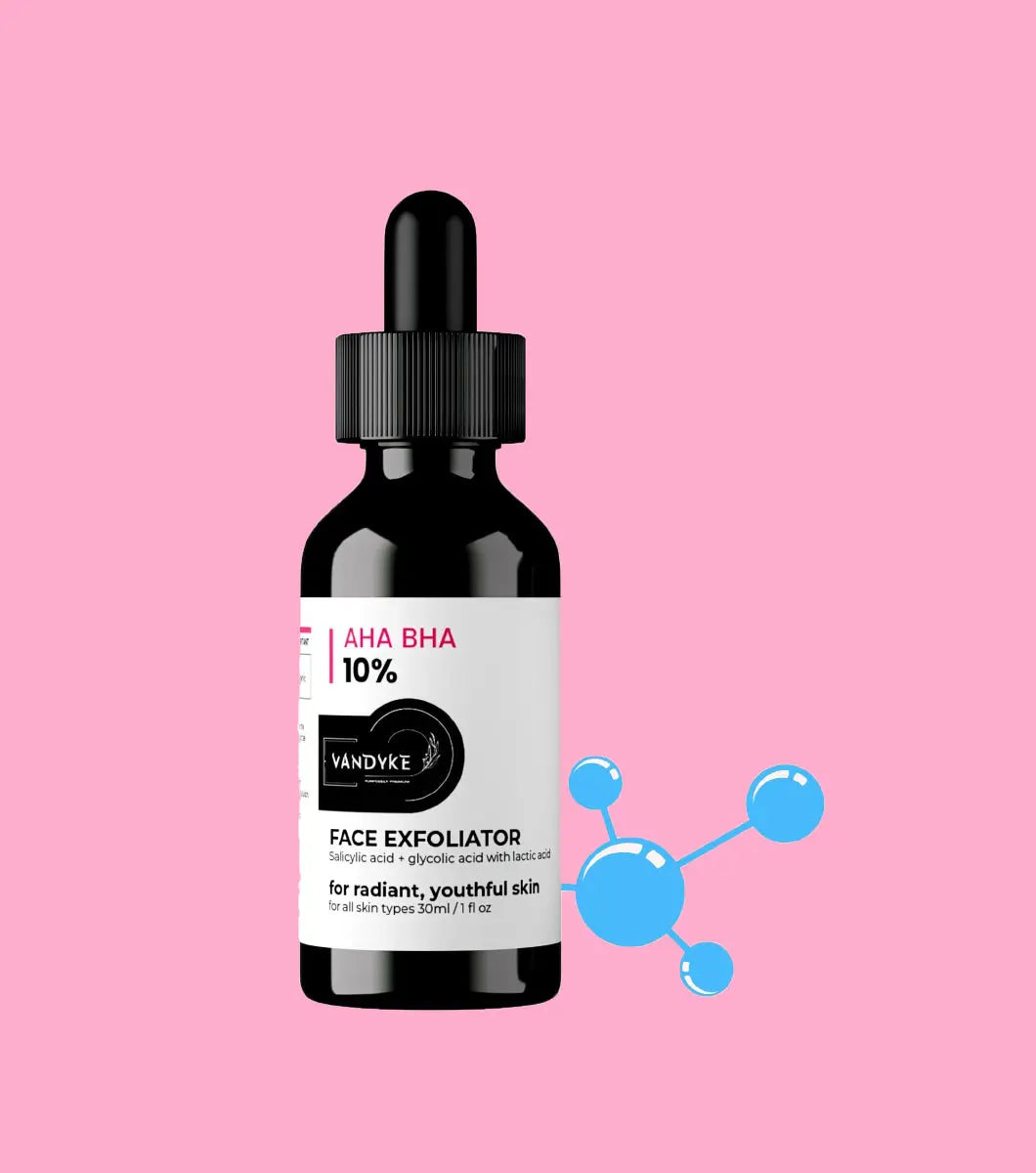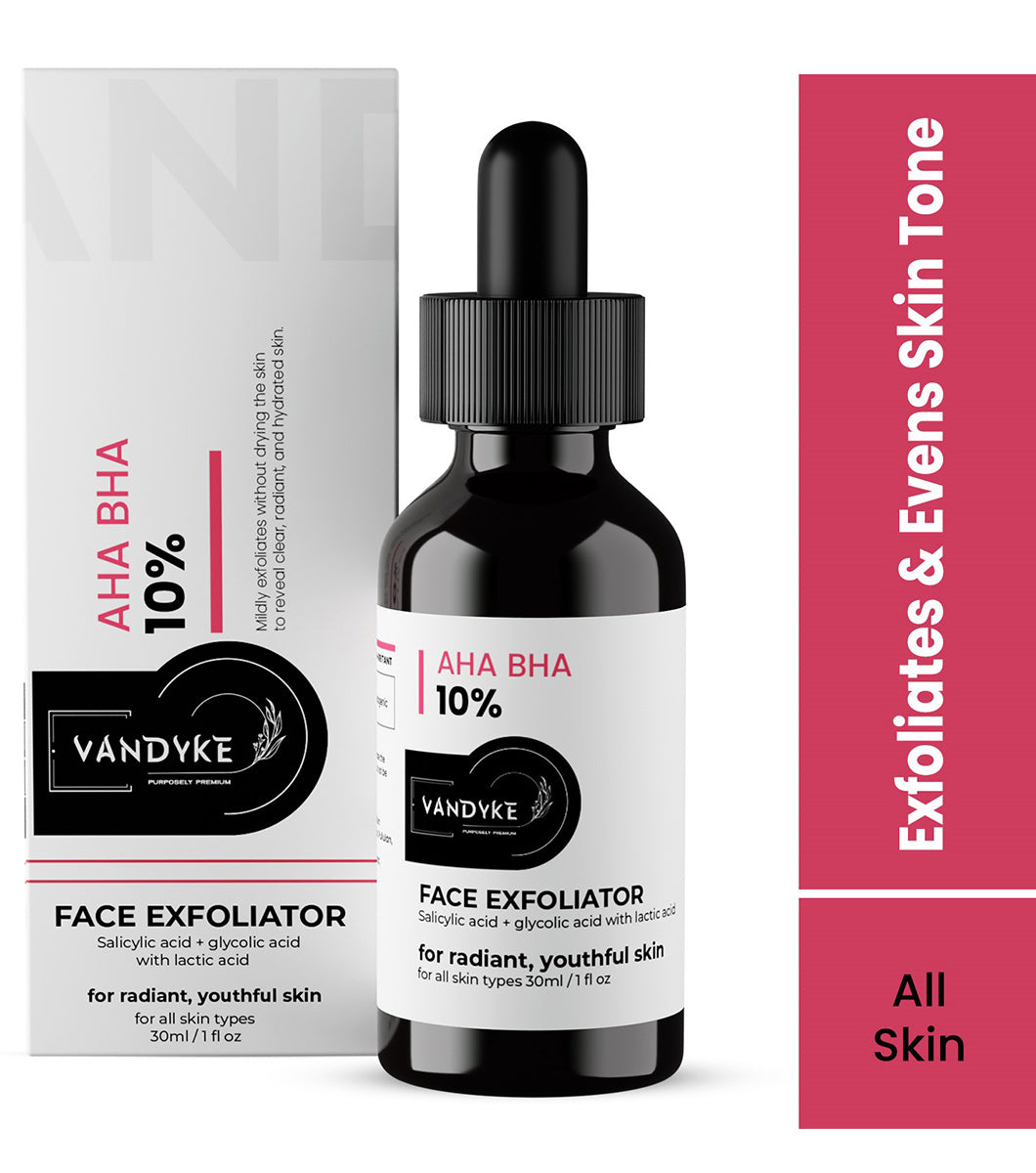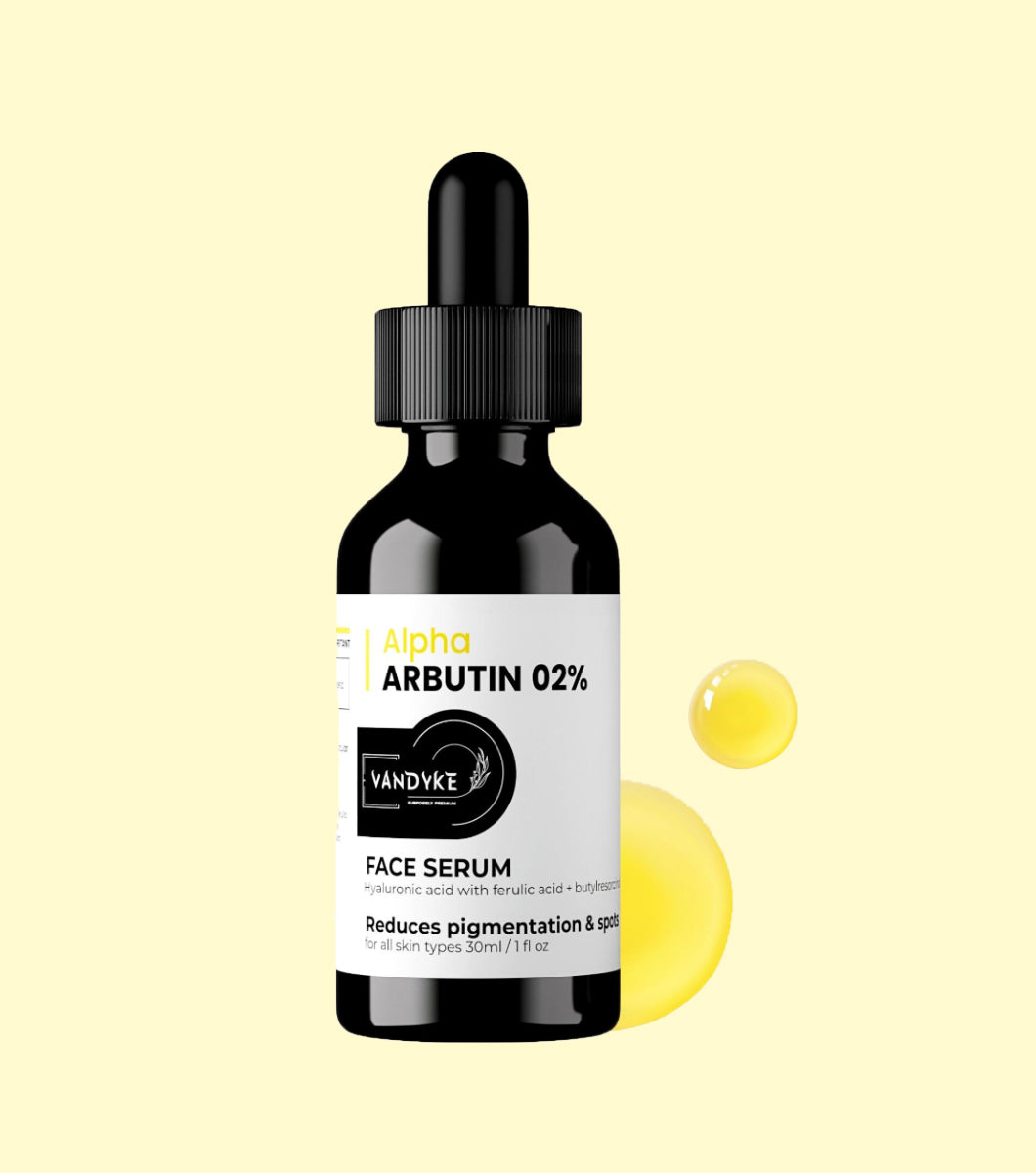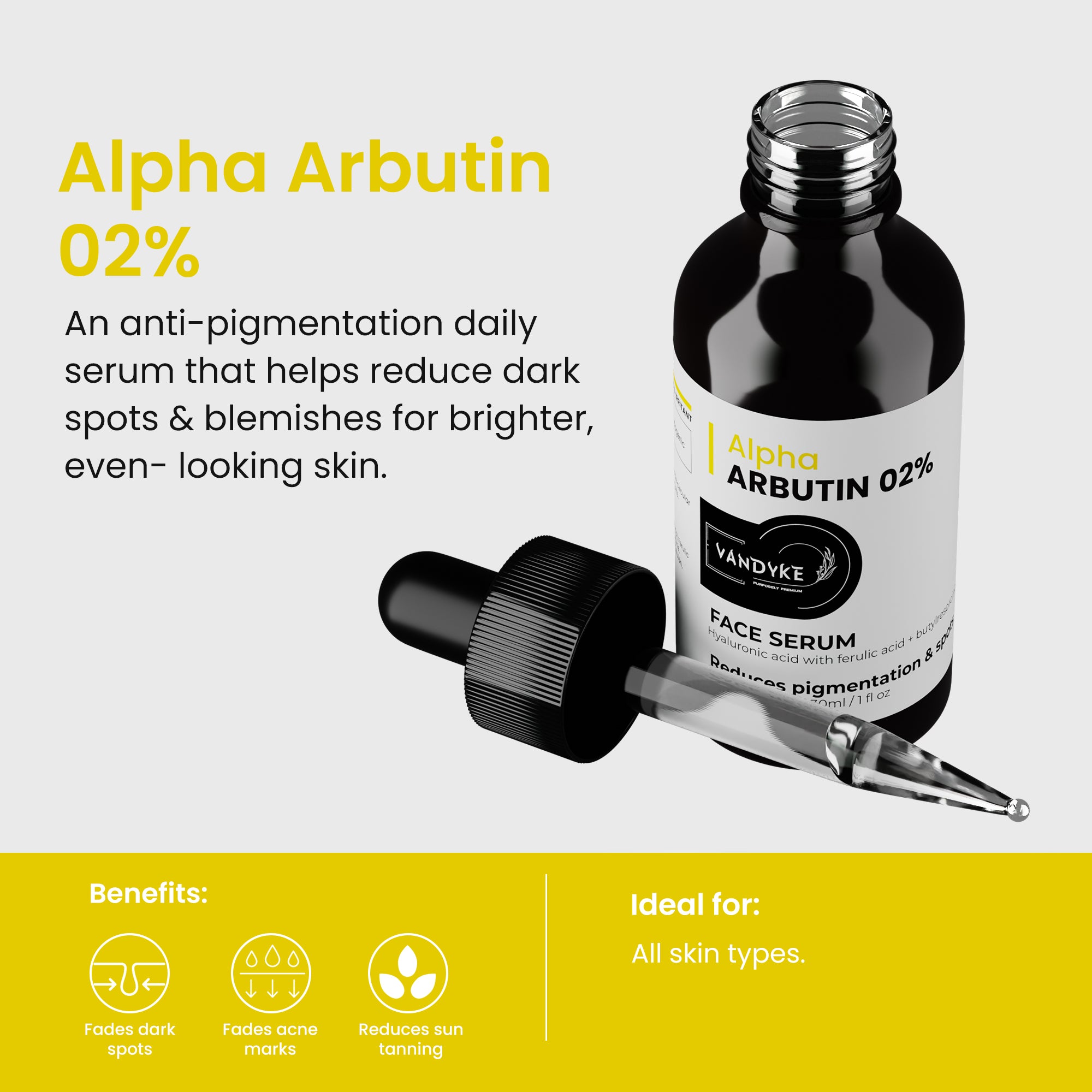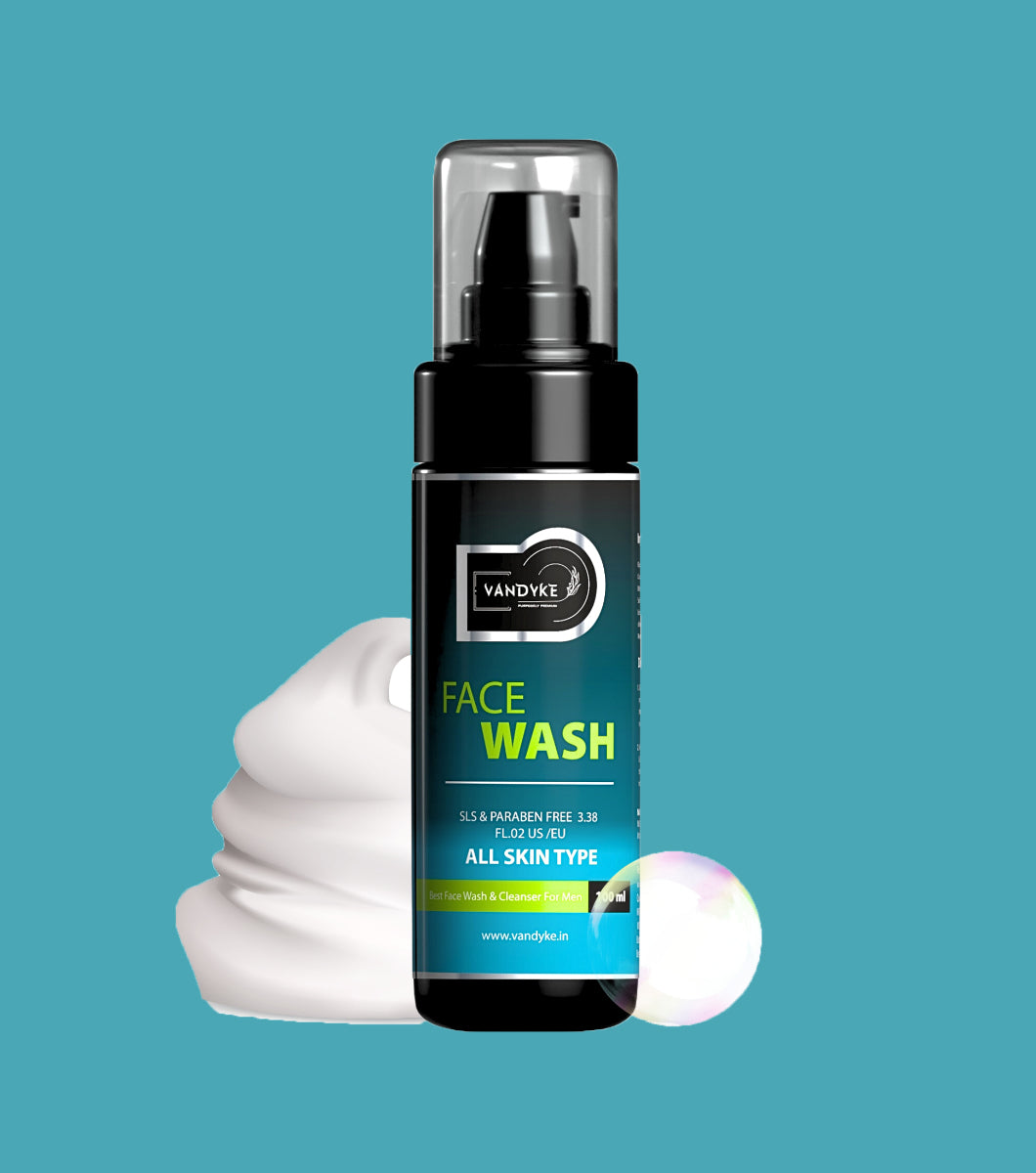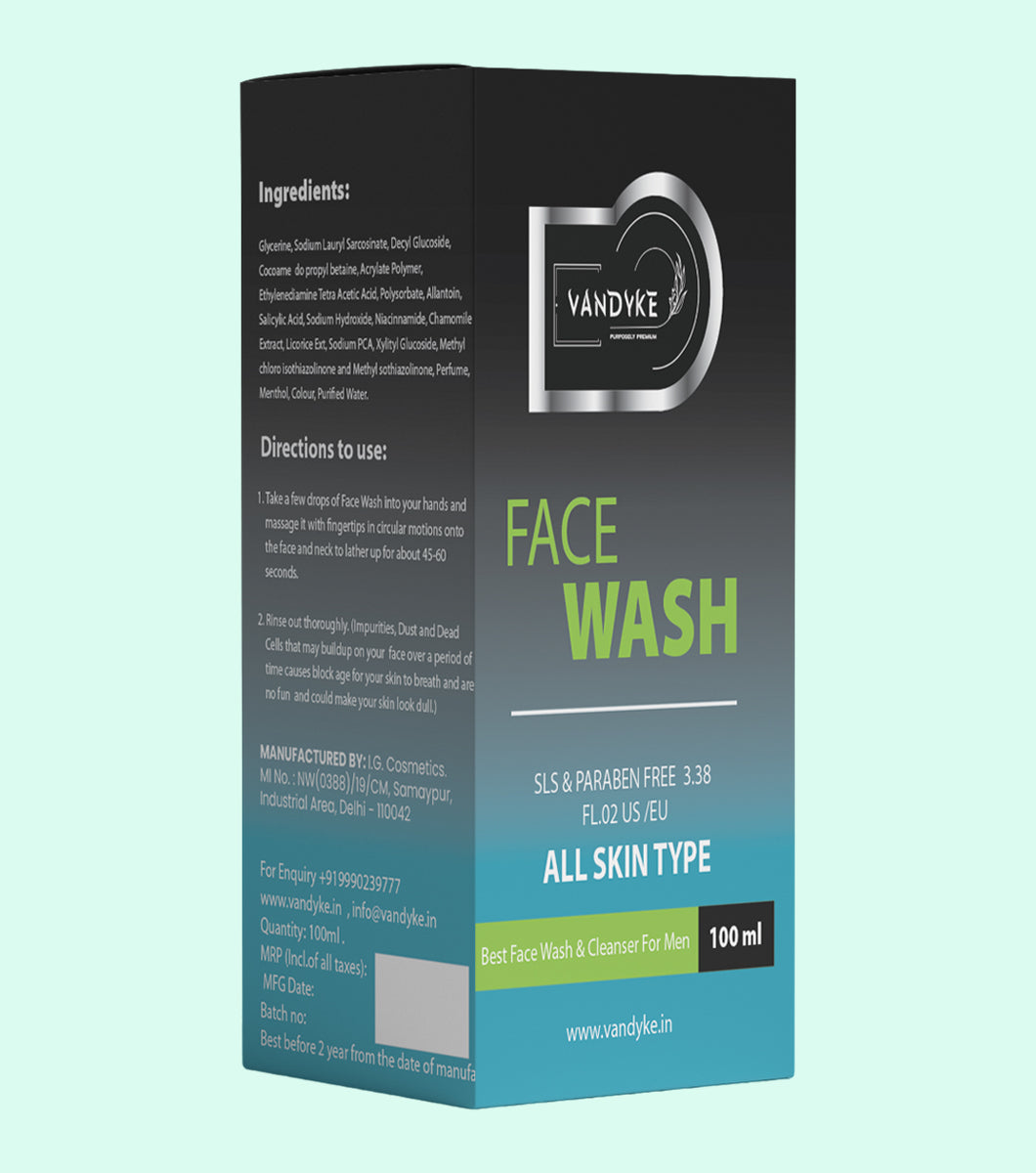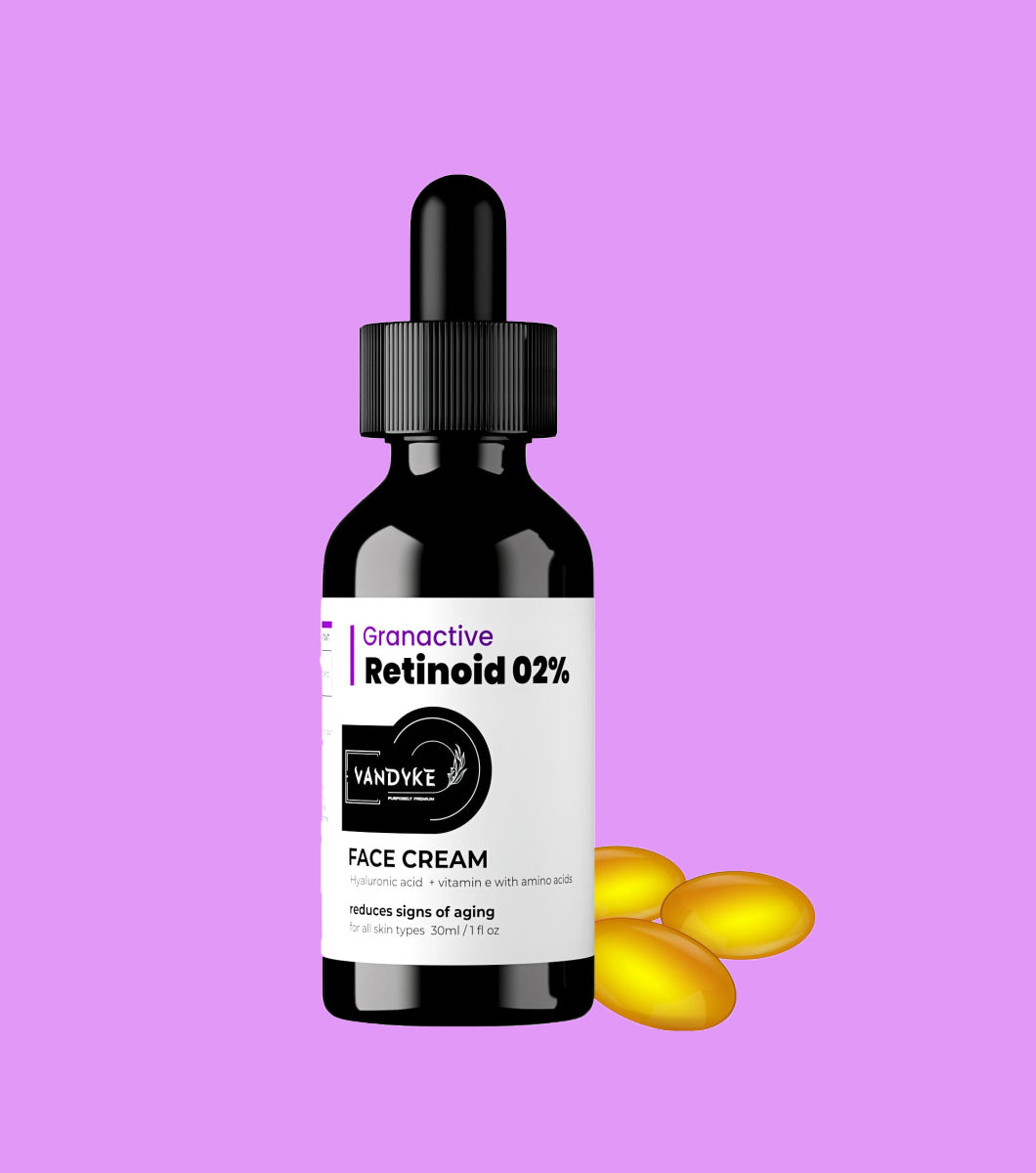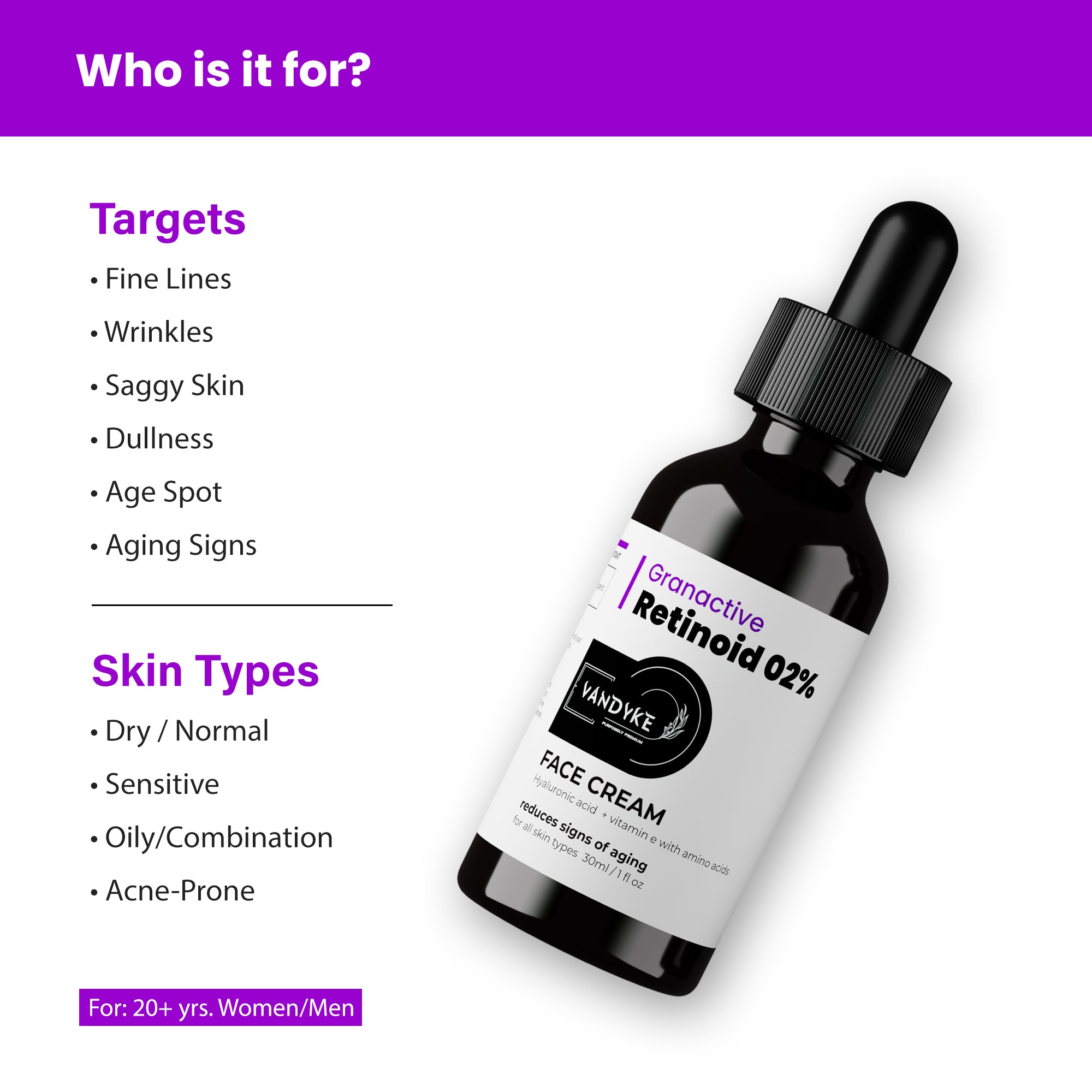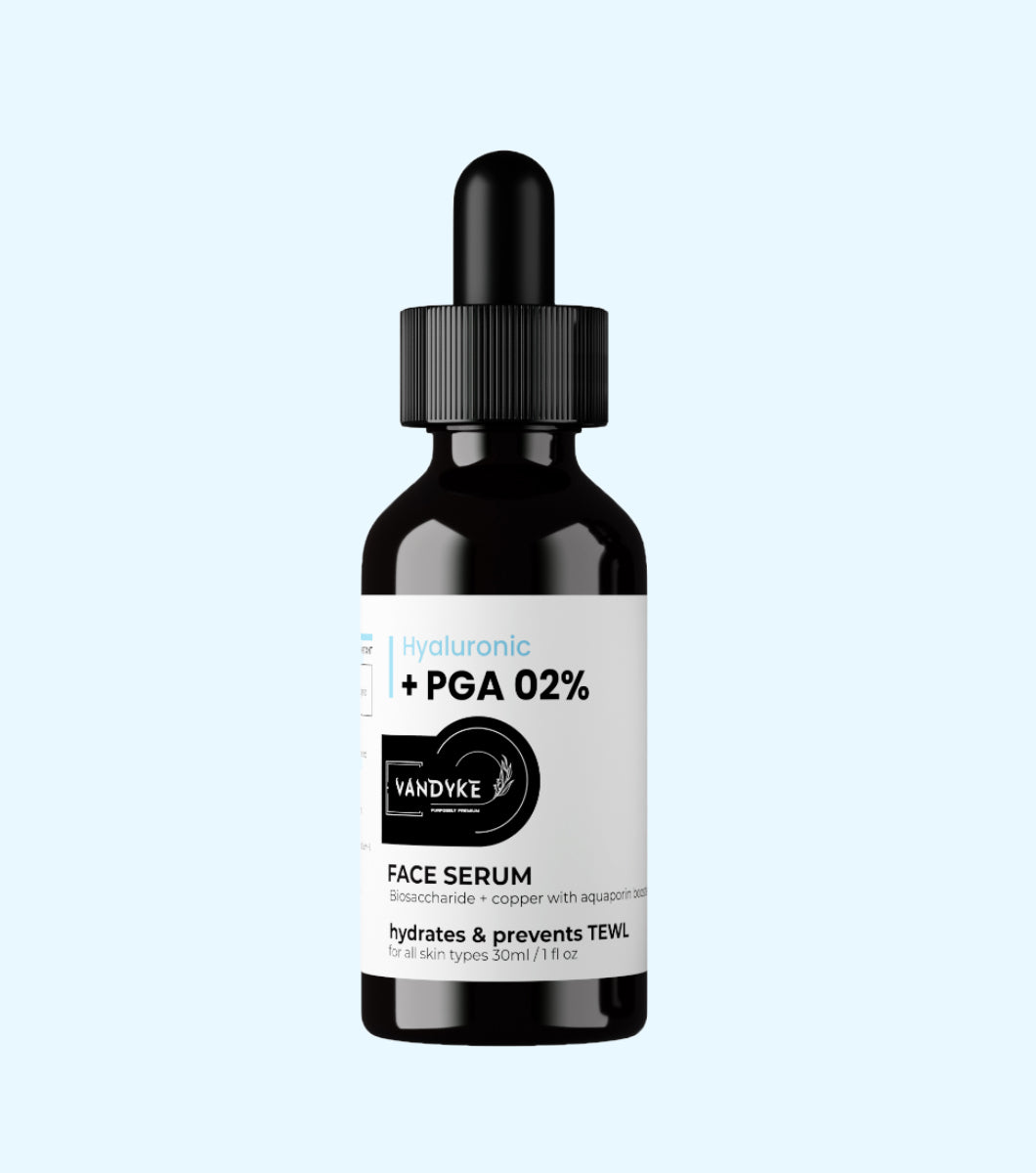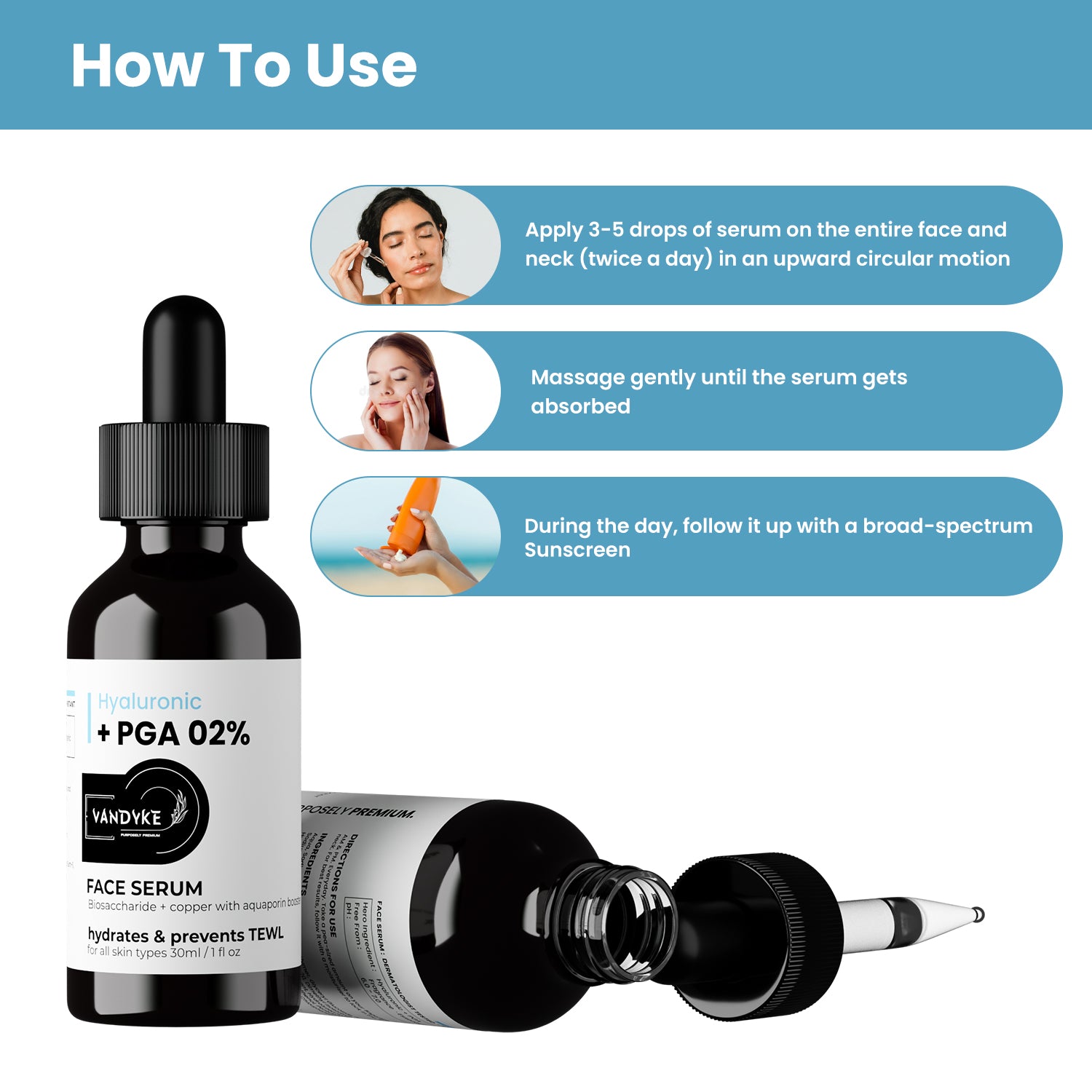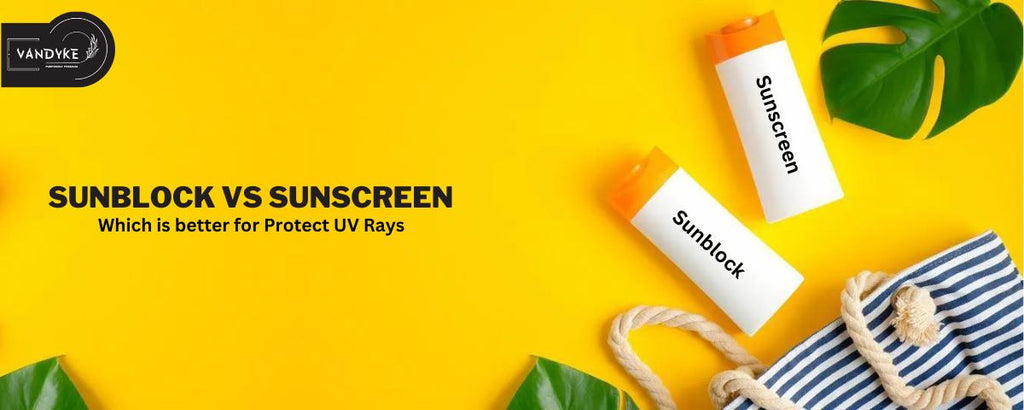
Sunblock vs Sunscreen Which is better for Protect UV Rays

Sunblock vs Sunscreen Which One is better for Protect UV Rays
It is important to understand the difference between sunblock and sunscreen for effective sun protection. Sunblock forms a physical barrier on the skin, which reflects and scatters UV rays, while sunscreen absorbs and filters these rays. Both provide protection from sun damage, but their mechanisms are different so perhaps the most common comparison is sunblock vs. sunscreen. However, choosing the right product depends on personal preferences and skin needs. Let us know the in-depth difference between sunblock and sunscreen for better protection from the sun.
You should read the article with full focus because a lot of accurate information is required to compare any product properly, that is why I have gone in depth and collected the exact details. To solve your query completely, you should try to read the article without skipping even a single line. Because if you miss or skip something then you will not be able to understand what has been explained in the article, so let’s start.
Sunblock vs. Sunscreen, Understand It From The Beginning
Both of these work for the skin and protect it from the harmful UV rays of the sun. Because due to sun rays there is a risk of serious problems like sun tan, skin aging and skin cancer on the face.
However, there are different ways to apply sunscreen and sunblock because sunscreen for the face is usually completely absorbed by the skin so there is no need to rub too much when applying. However, you also have another option, Sunblock, which blocks harmful UV rays from hitting the face by forming a physical shield over the skin.
You’ll want to apply sunblock regularly because UV light can effectively attack the skin’s smallest pores. However, sunblock doesn’t need to be rubbed into the skin to be absorbed like sunscreen, as it usually does.
Leaves a white layer behind while the sunscreen disappears completely from the face once it is absorbed.
What’s the Difference Between Sunblock and Sunscreen For Face, Information In depth
Sunscreen and sunblock don’t usually work the same way. But the work of both of them is same that they protect the skin from UV rays. There are also sunscreens for dry skin, so if you have dry skin then choosing this may be the best option for you.
There is a slight difference in sunscreen here that sunscreen already absorbs the UV rays from the skin whereas sunblock has been given this name because it completely covers the skin with its powerful shield on the skin and protects the face.
Sunscreen contains chemicals that absorb UV rays even before they hit the face.
Sunblock vs. Sunscreen for Daily Use
Talking about sunblock or sunscreen, it is important to use both every day to protect the skin from UV rays. ‘Because if you go out in strong sunlight without applying sunscreen, the chances of serious problems like skin aging, sun tan and skin cancer increase further. Experts recommend that you apply sunscreen every two to one and a half days.
Apply non-comedogenic sunscreen to the body after an hour Since you can’t avoid the sun’s rays even by staying at home, look for a broad-spectrum sunscreen with an SPF of 15 or higher. SPF 50 broad spectrum can be a good option for you which is much better than other sunscreens to protect your skin from UV rays.
Know the side effects of sunscreen and sunblock in complete information.
While generally completely safe, using sunscreen and sunblock can cause possible side effects that you should know about.
- Skin irritation
This is the most common side effect, which manifests as redness, itching or stinging. This is usually due to sensitivity to specific ingredients such as fragrance or oxybenzone. Patch testing is important before widespread use.
- Allergic reactions
Although rare, serious allergic reactions may occur with symptoms such as rash, difficulty breathing, or swelling. If you have such an experience, consult a doctor immediately.
- Acne breakouts
Some sunscreens, especially oil-based, can clog pores and promote acne in acne-prone individuals. Look for SPF 50 pa++++ non-comedogenic, broad spectrum Sunscreen.
- Eye irritation
Some sunscreens can sting or irritate the eyes if ingested.
NOTE: If you face any of these side effects, you should stop using the product immediately and consult a dermatologist.
Which is better sunscreen or sunblock
Both sunscreens work to protect the skin from UV rays but both have different advantages and disadvantages. Sunscreen does not leave any white residue on the face once it is absorbed, however, some of its ingredients may irritate your skin.
But after applying sunblock on the face, it does not cause any irritation on your skin, which leads to skin rashes or acne, but after being absorbed, it leaves a white residue on your face. Is. But it can be an ideal option for people with sensitive skin as it is well tolerated on sensitive skin.
There is no doubt that if any comparison is made between Sunblock vs. Sunscreen, both of them are completely capable of protecting the skin from harmful rays. However, whichever product you choose is your choice and suits your needs, be it sunblock or SPF 50 sunscreen, keep in mind that there are some common things that both of them have in common.
Recommendations And tips for choosing the right sunscreen
- To get the most benefit from your sunscreen or sunblock, make sure the product meets these specifications:
- Broad-spectrum (to protect against dangerous and harmful rays like UVA and UVB)
- SPF 30 or higher
- water resistance
Whatever sunscreen and sunblock you choose, remember to follow the recommendations so that your skin does not suffer any harm later.
These can come in a variety of forms. Such as, lotions, gels, creams, ointments, wax sticks and sprays etc.
Where Can I buy sunscreen
Remember that whatever sunscreen you choose, it should have SPF more than 30 and be broad spectrum. Vandyke offers you SPF 50 sunscreen which is perfect for all skin types. Apart from being broad spectrum, it is also dermatologist tested, water resistant, fragrance free.
You can get it at the cheapest price by visiting the official website of Vandyke. Along with this, Vandyke also gives you a 50% discount and free delivery facility on all the products, so hurry up and protect your skin from UV rays.
Conclusion
In conclusion, both sunblock for face and sunscreen are essential to protect your skin from harmful UV rays. Sunblock forms a barrier on the skin’s surface, while sunscreen absorbs UV radiation. Using either or both of these may help prevent sunburn and skin damage. Choose a product that suits your skin type and lifestyle, and remember to apply liberally and reapply as needed for effective sun protection.
